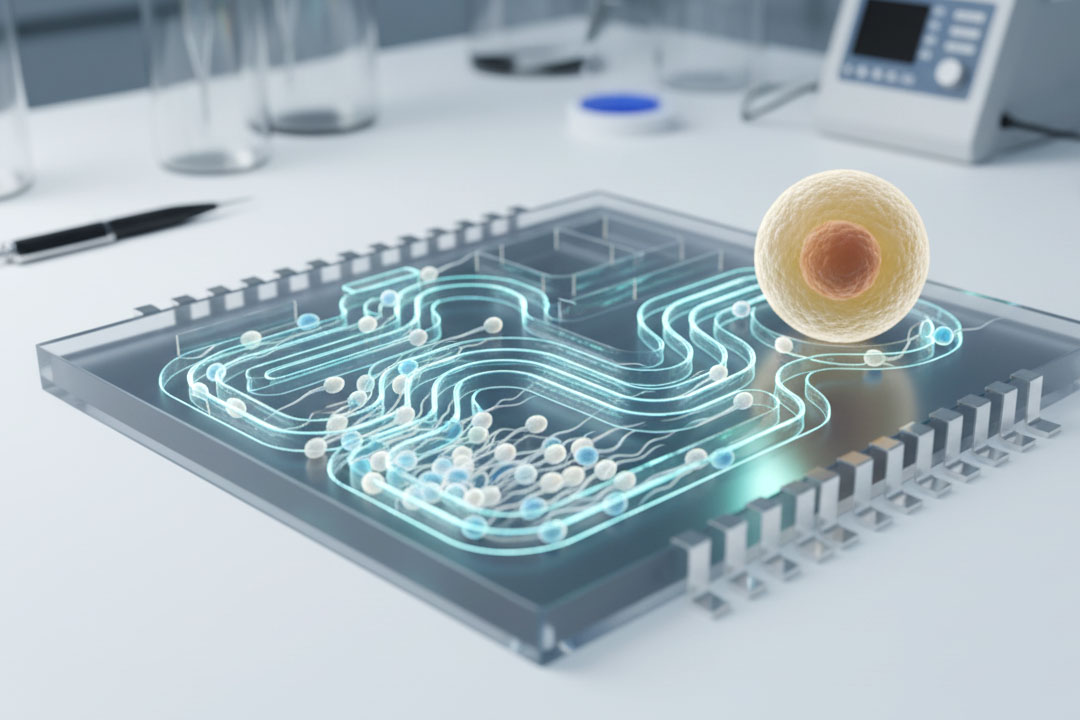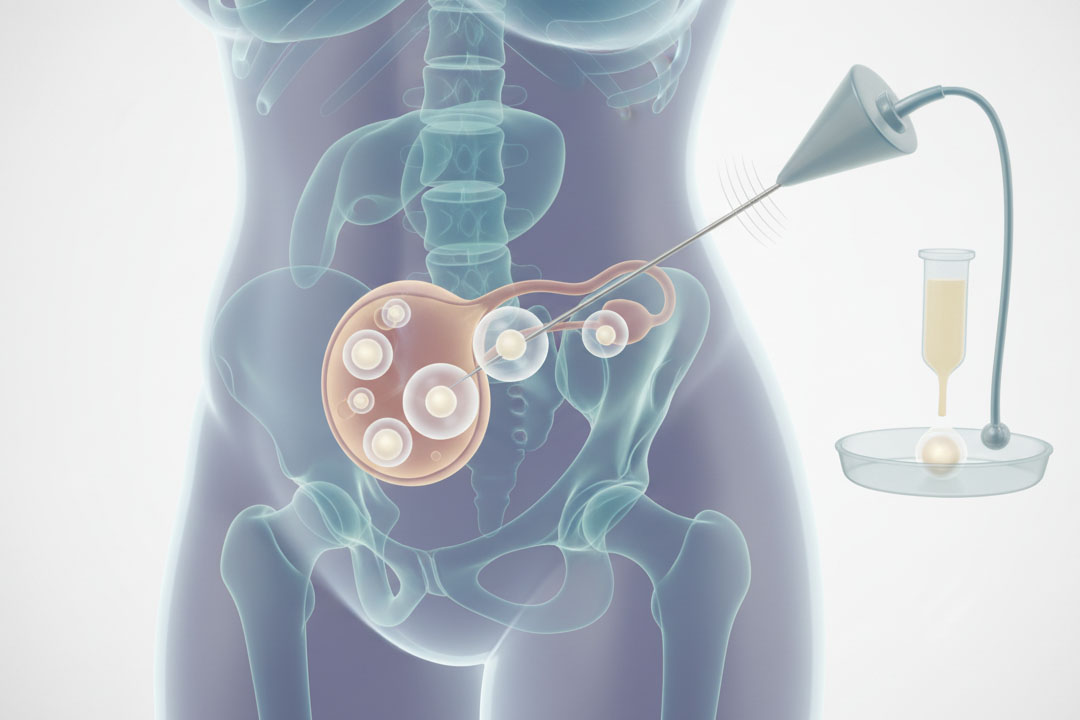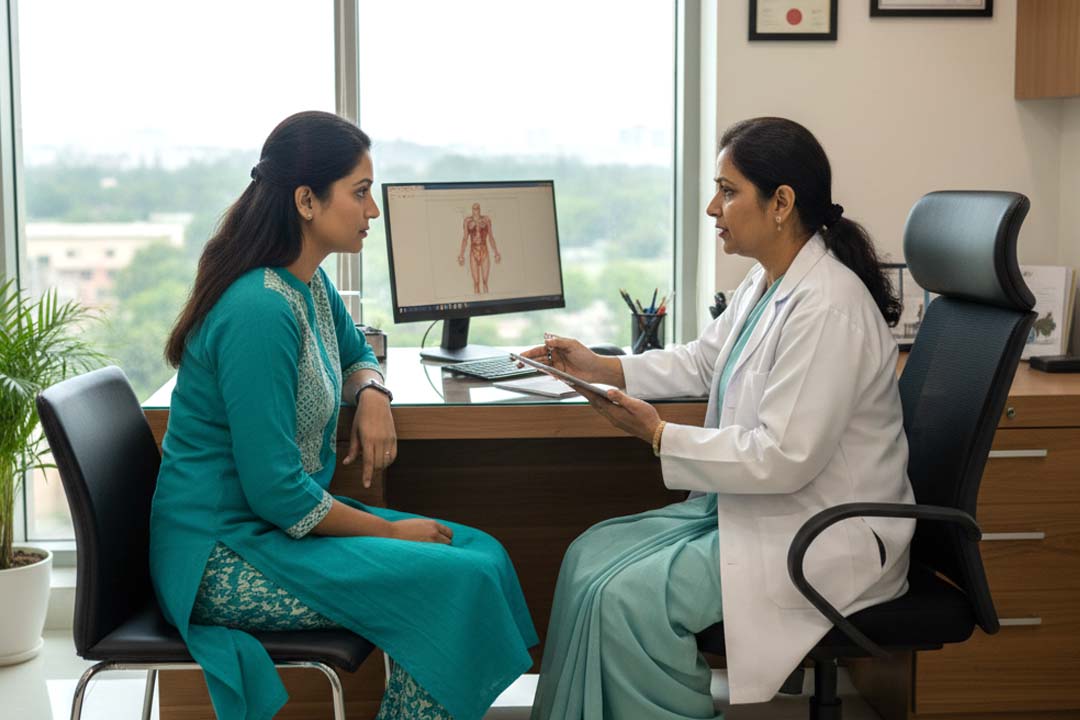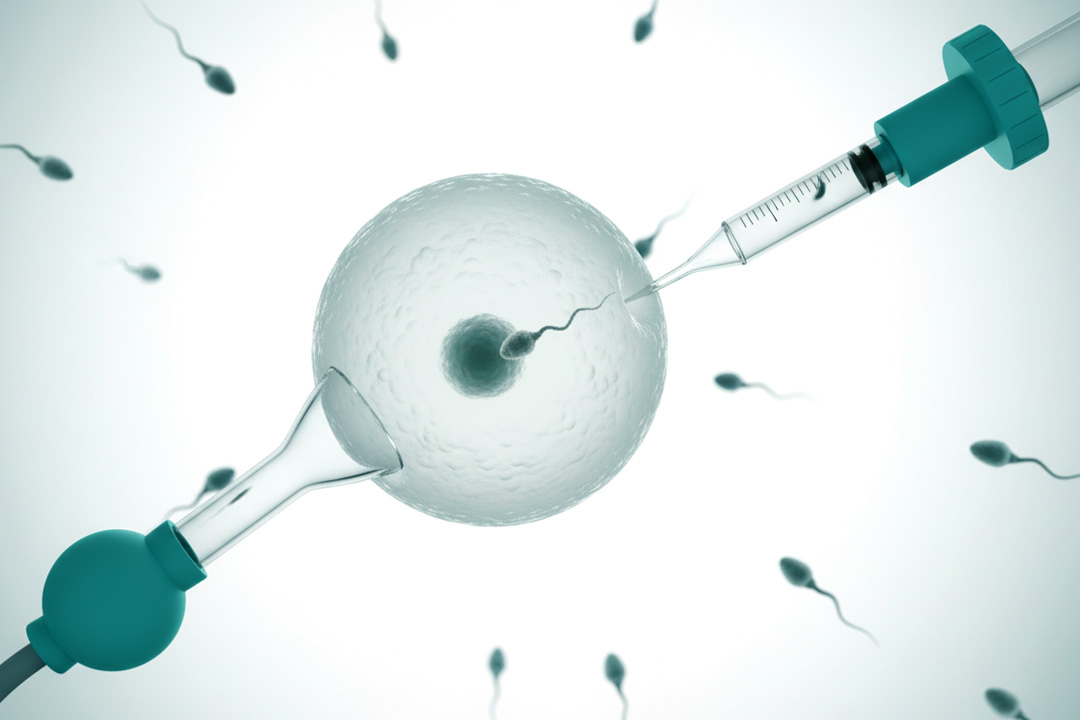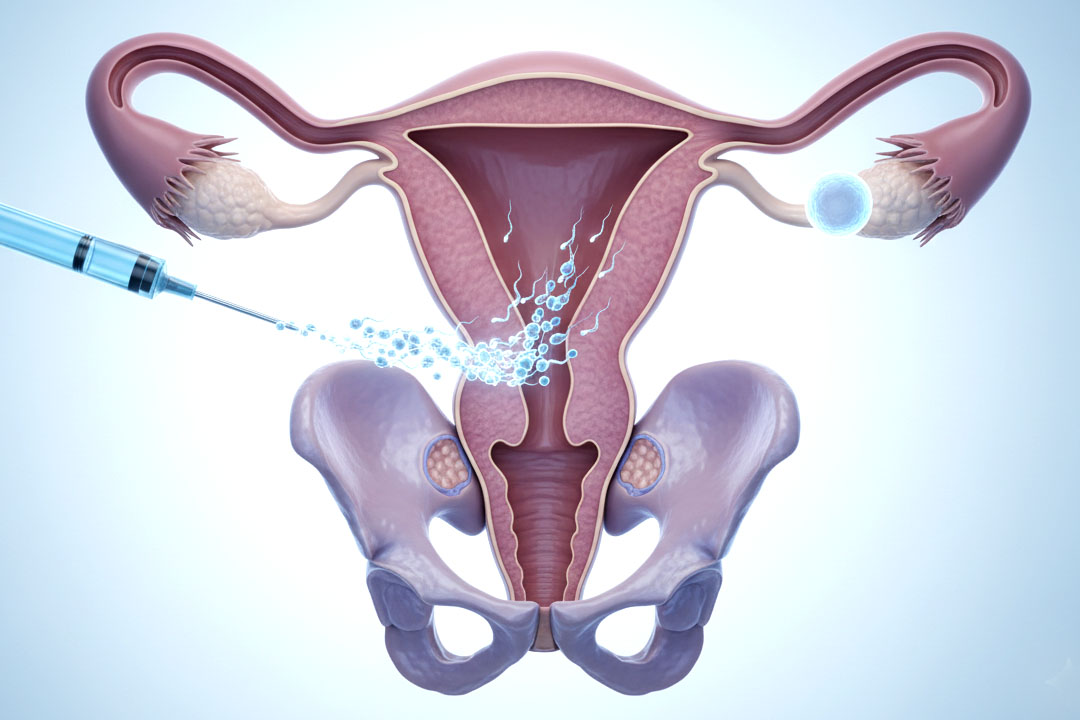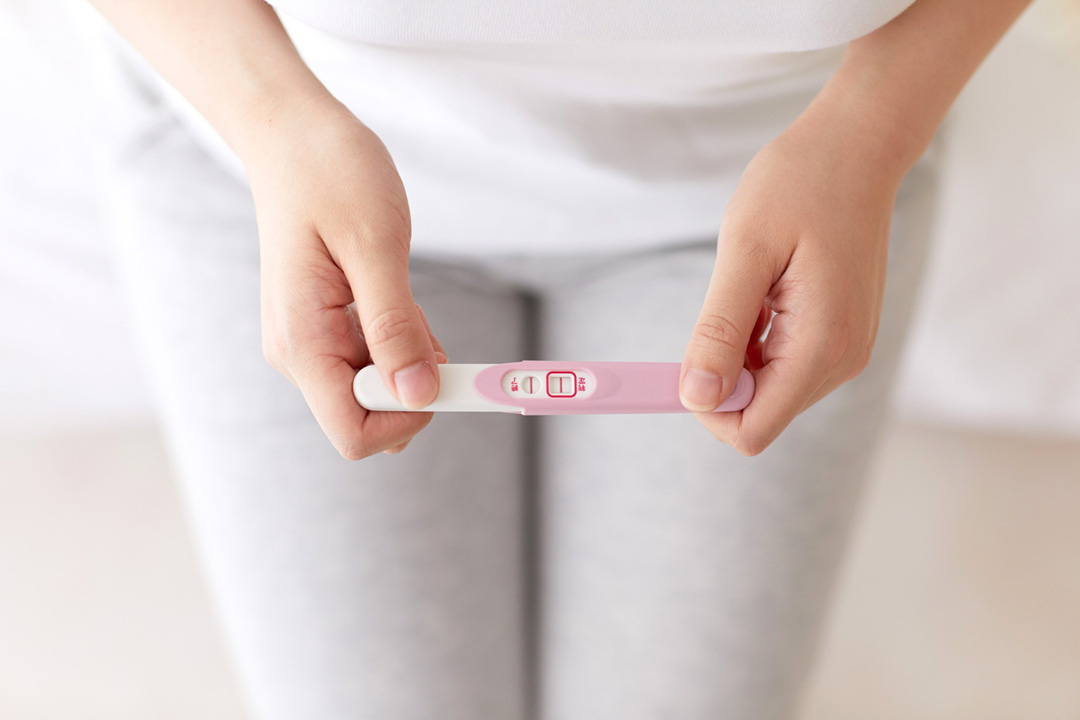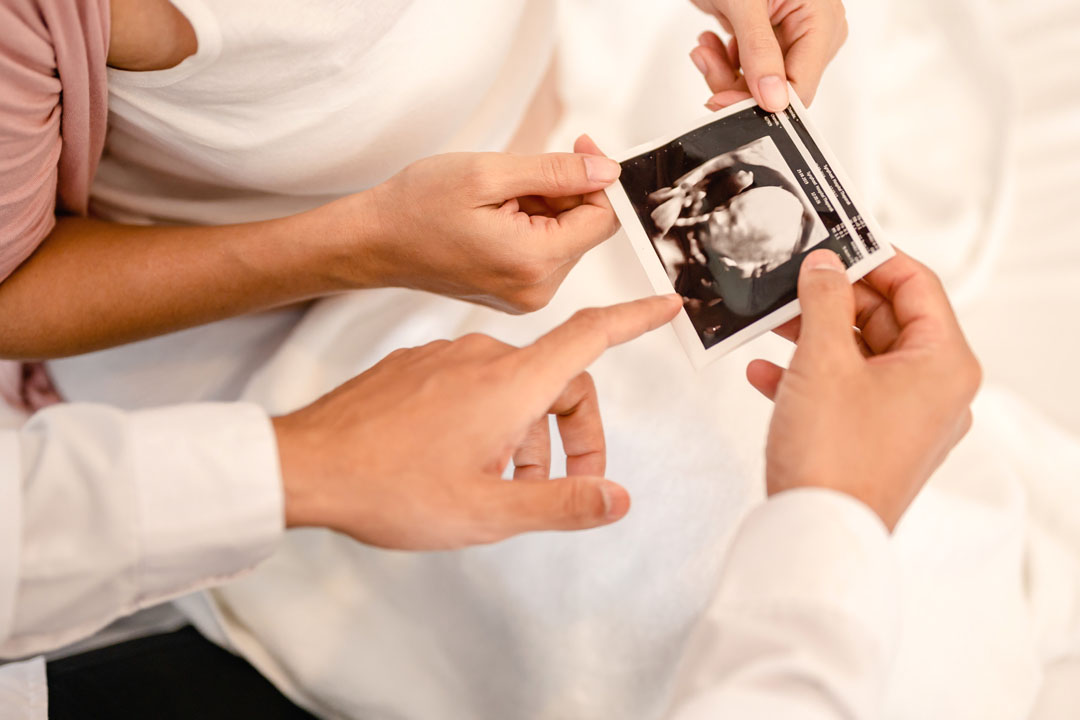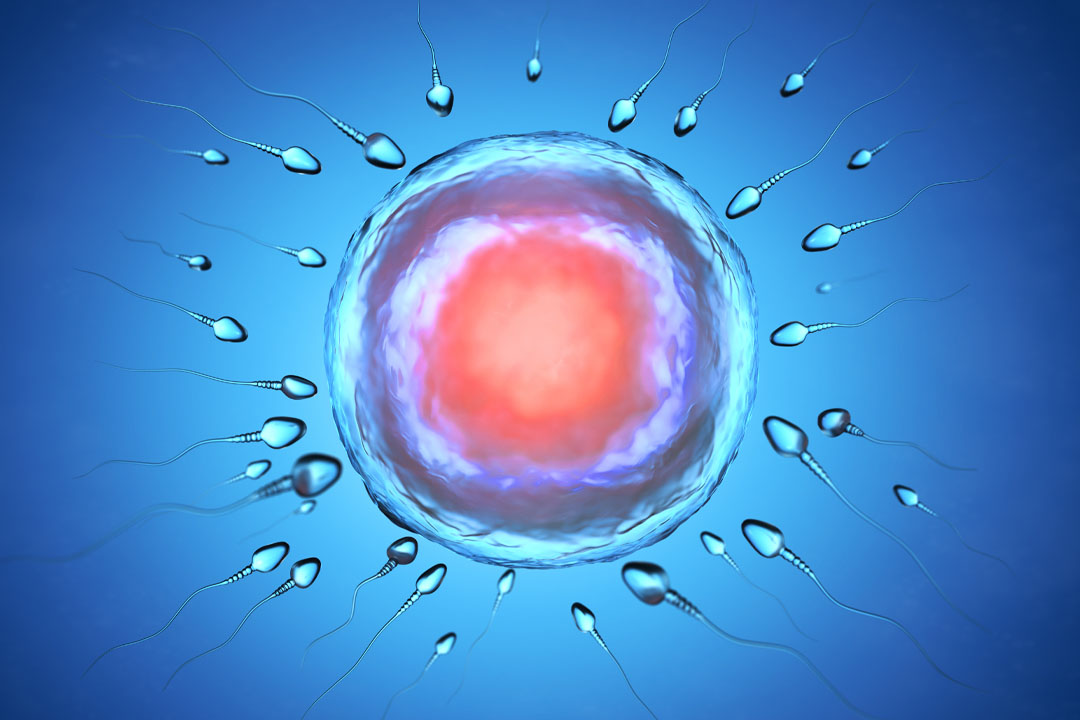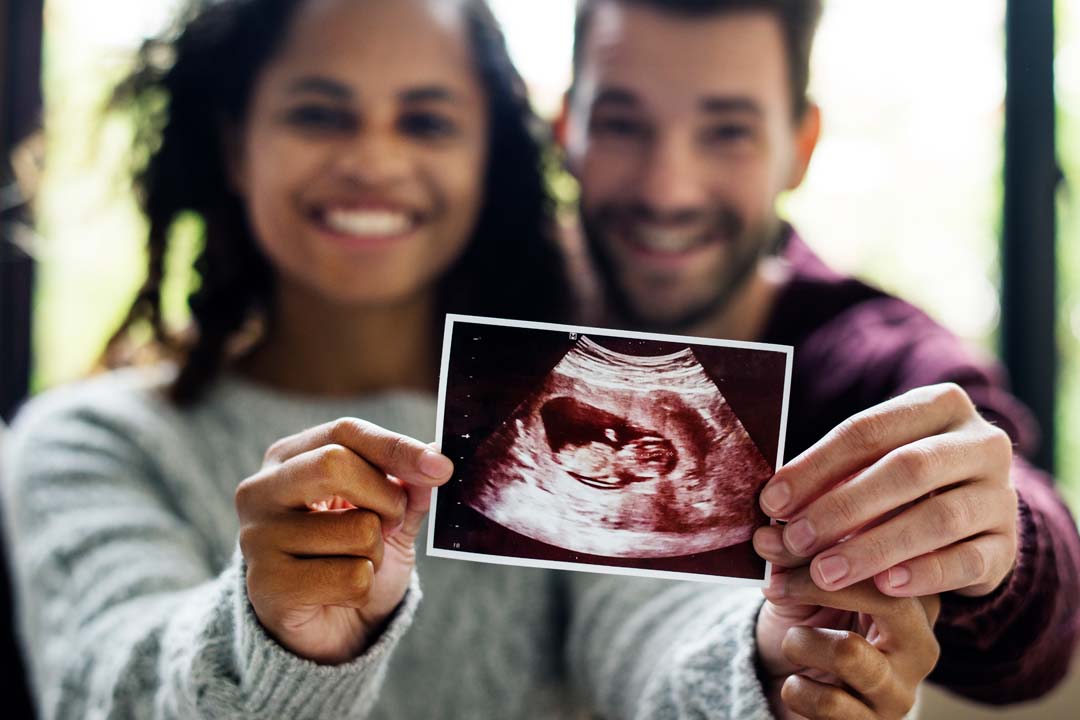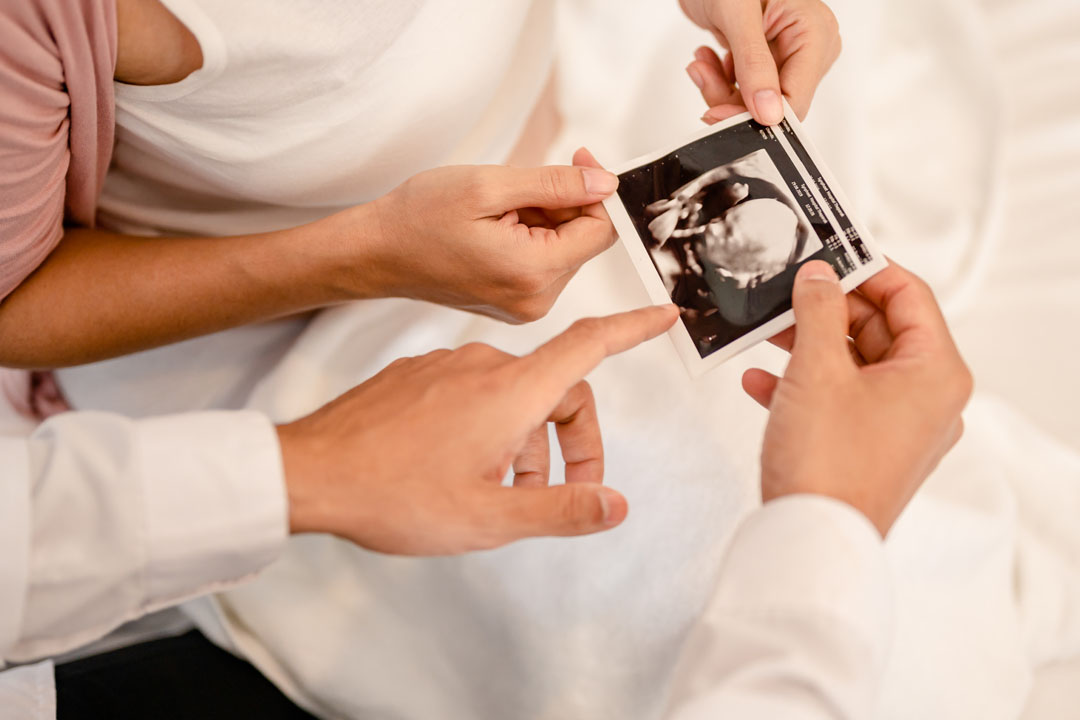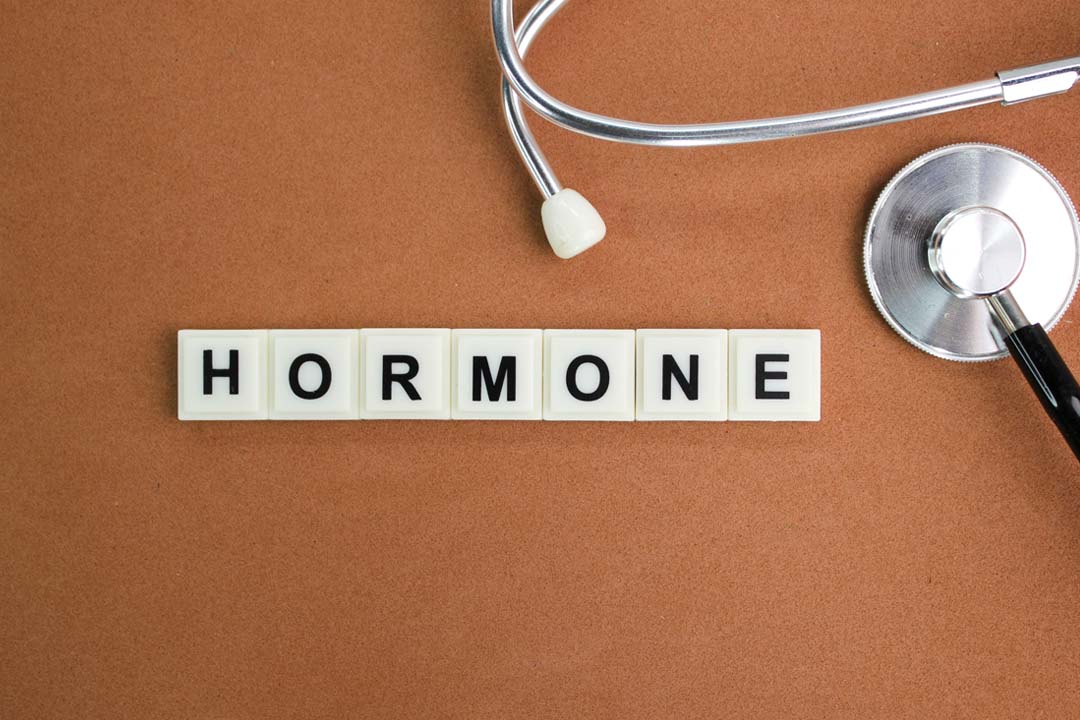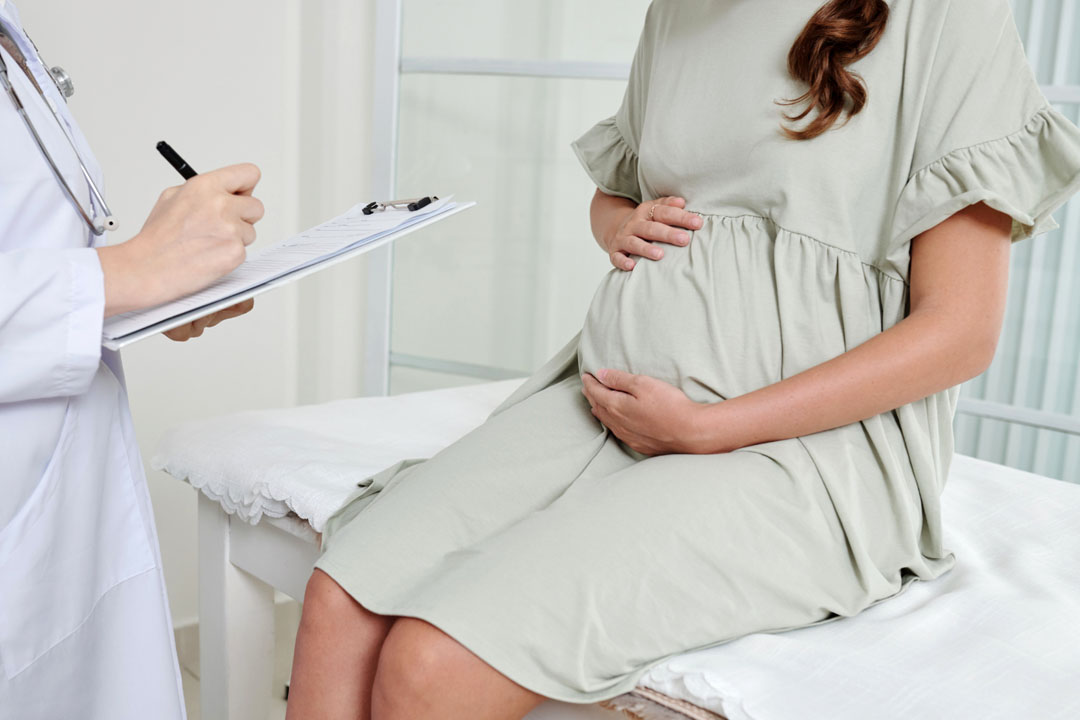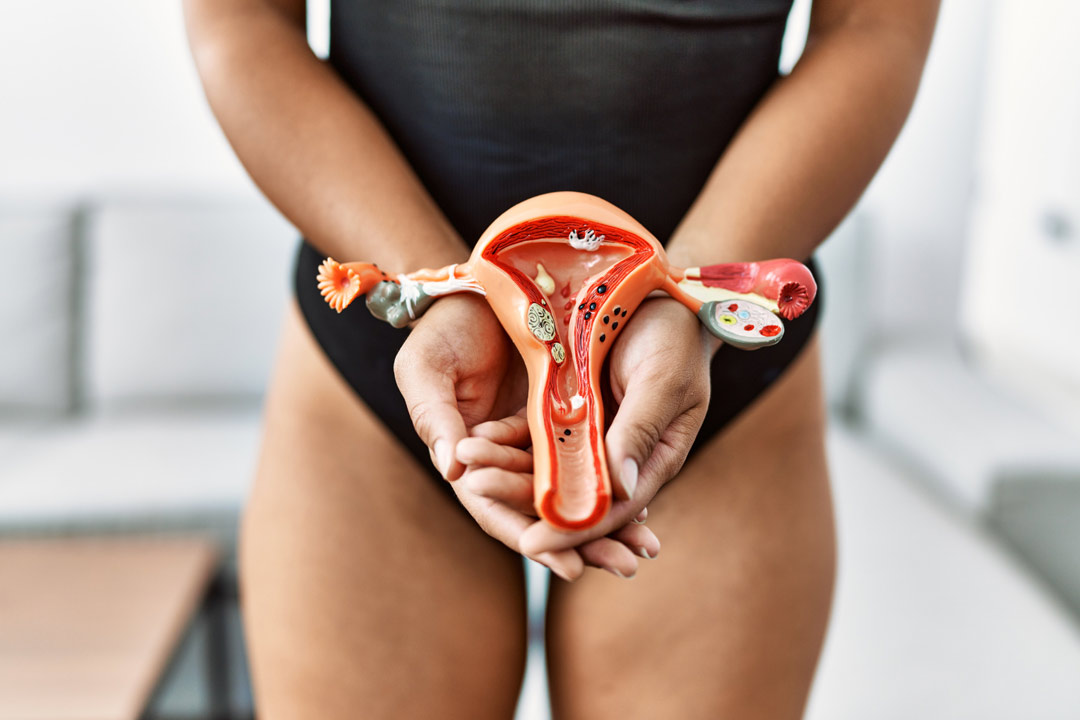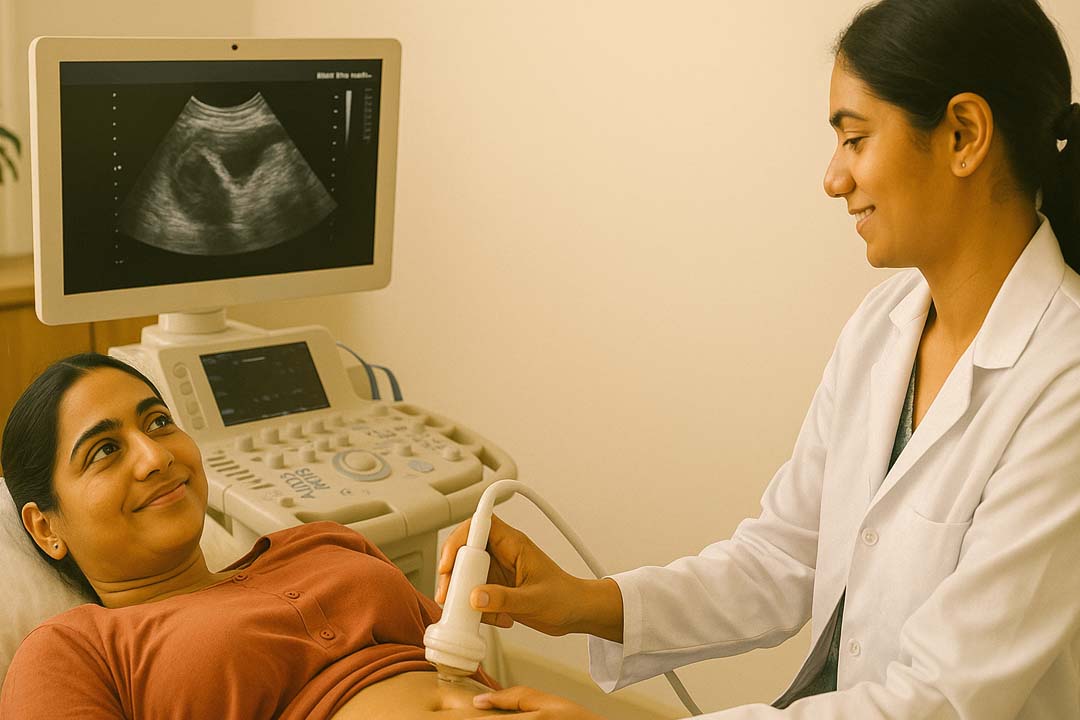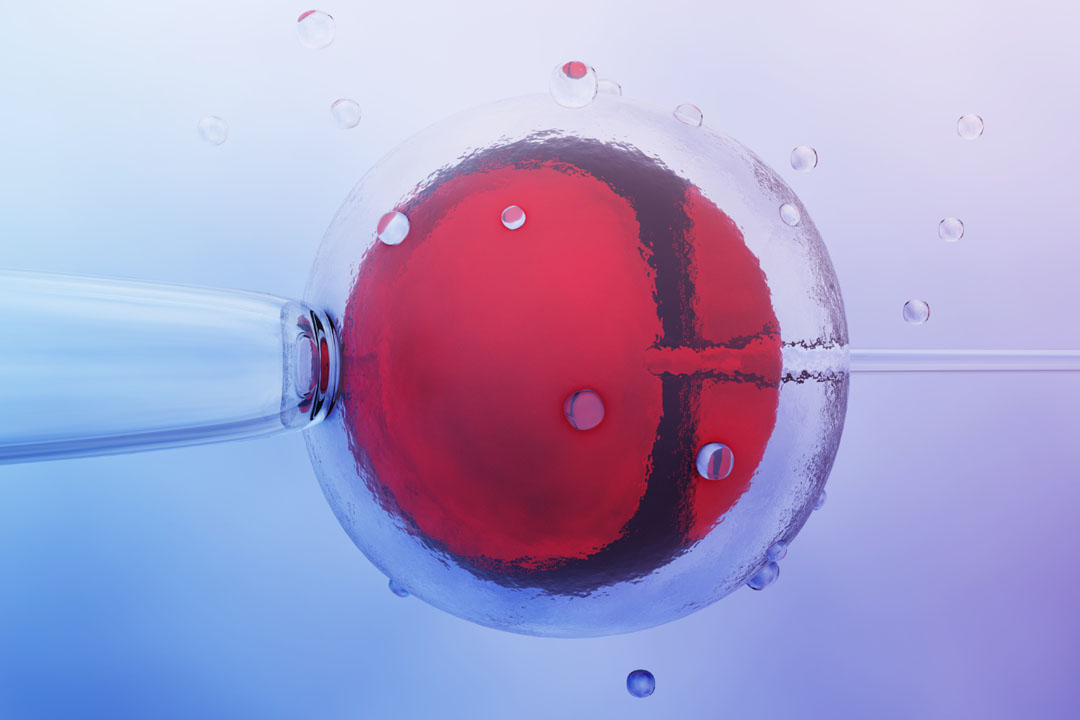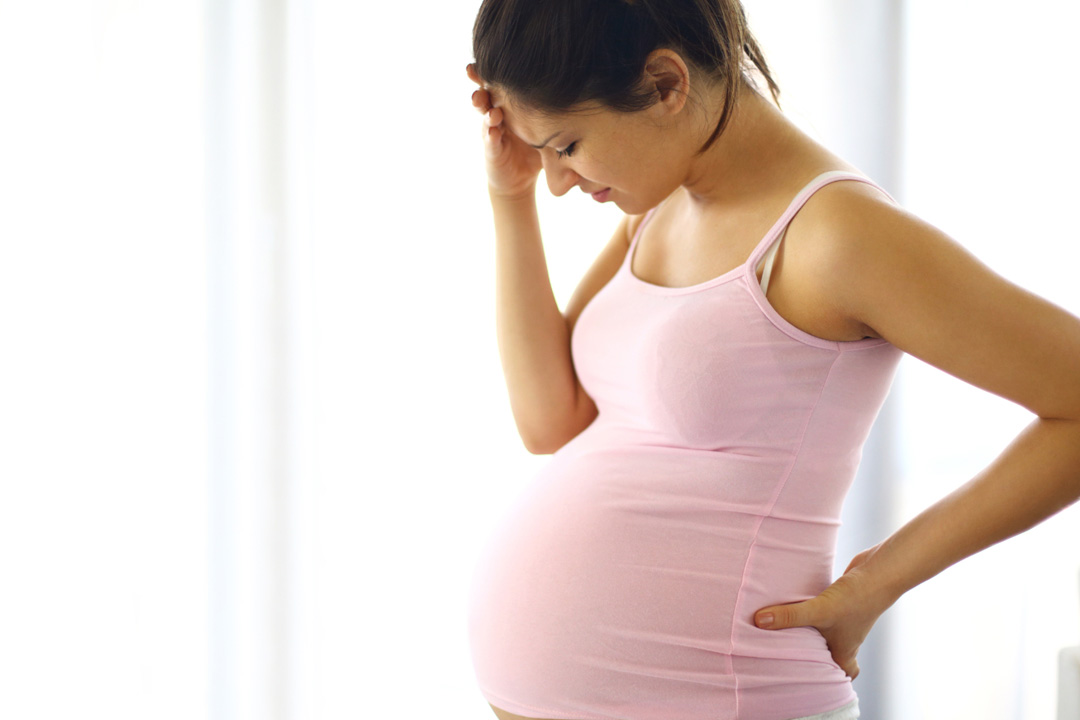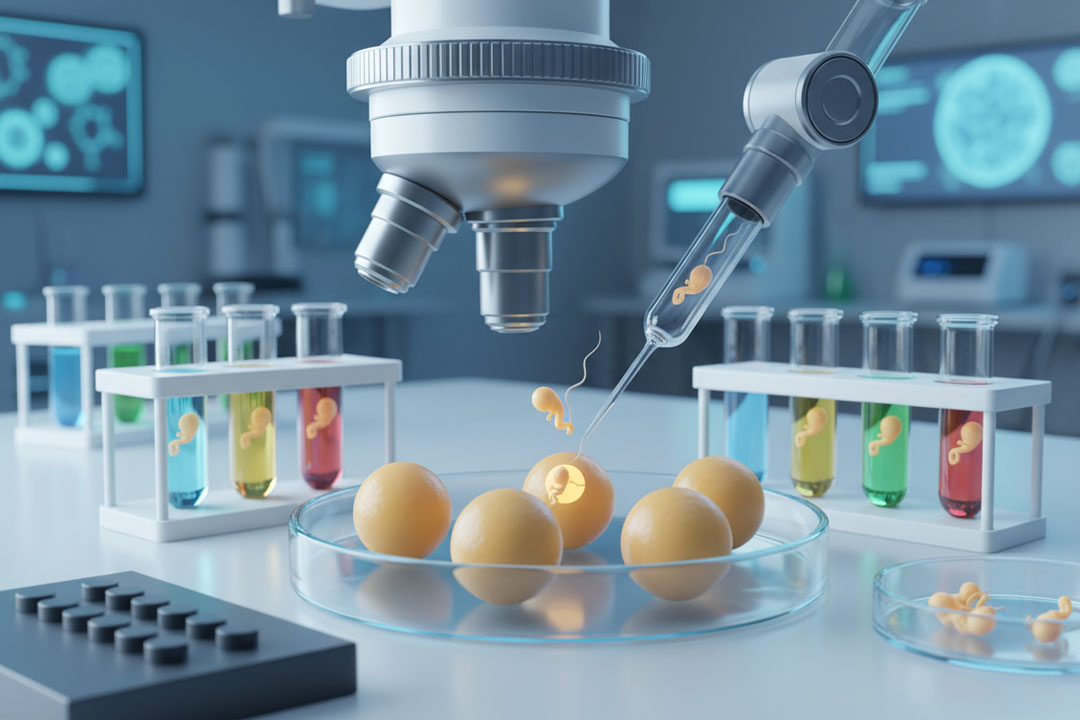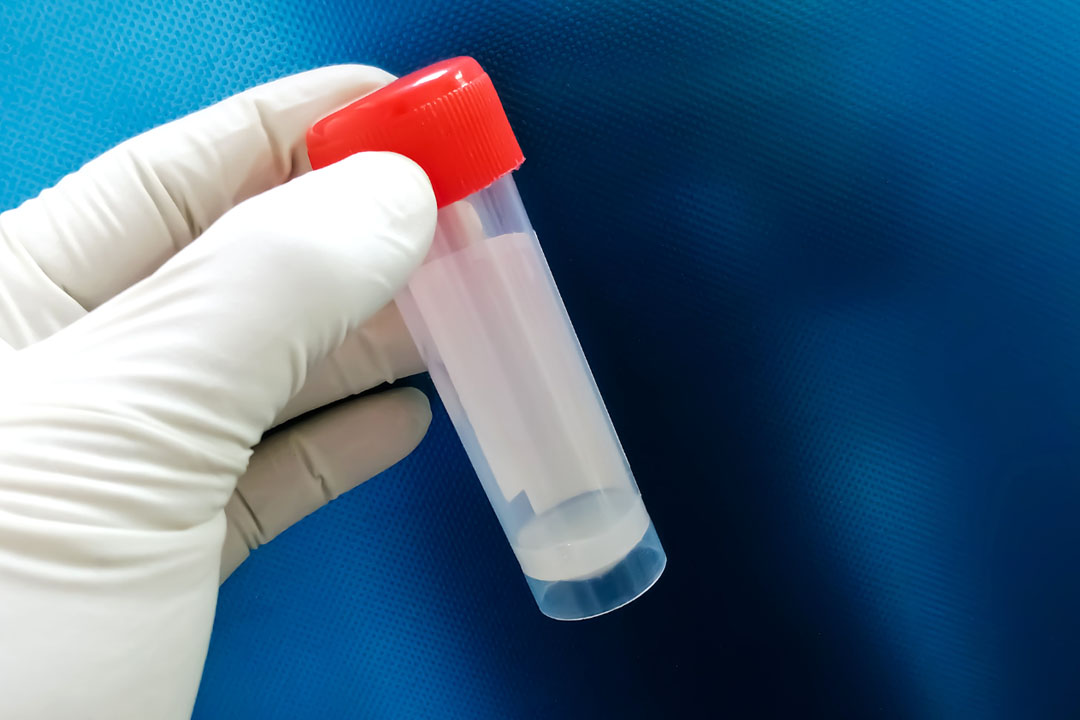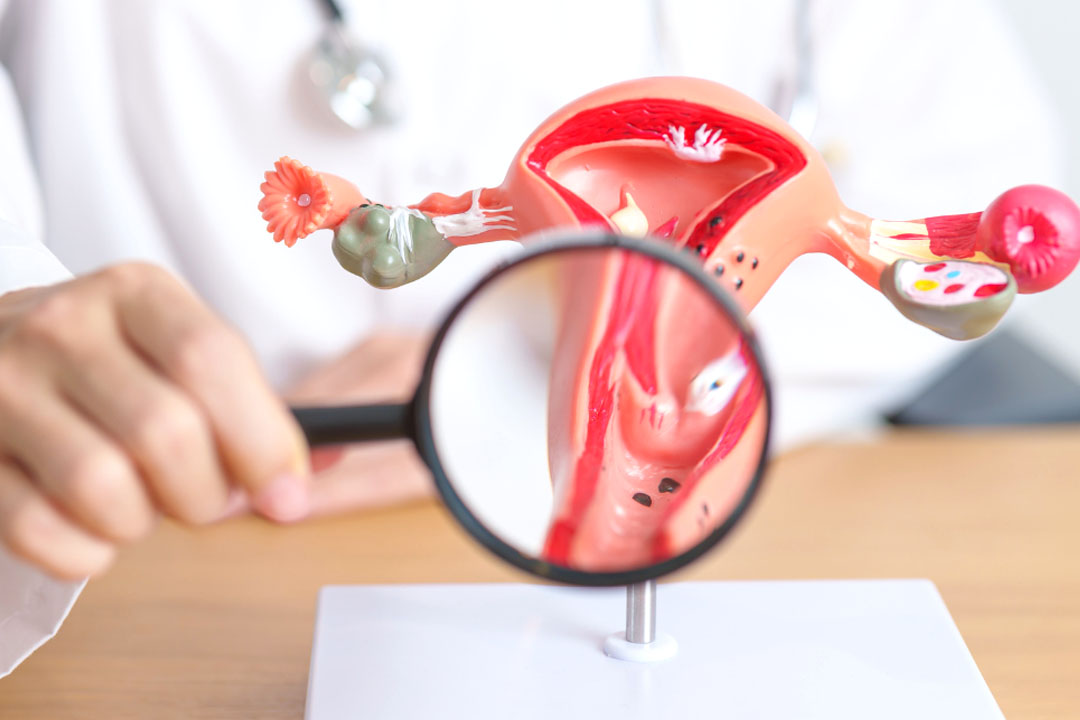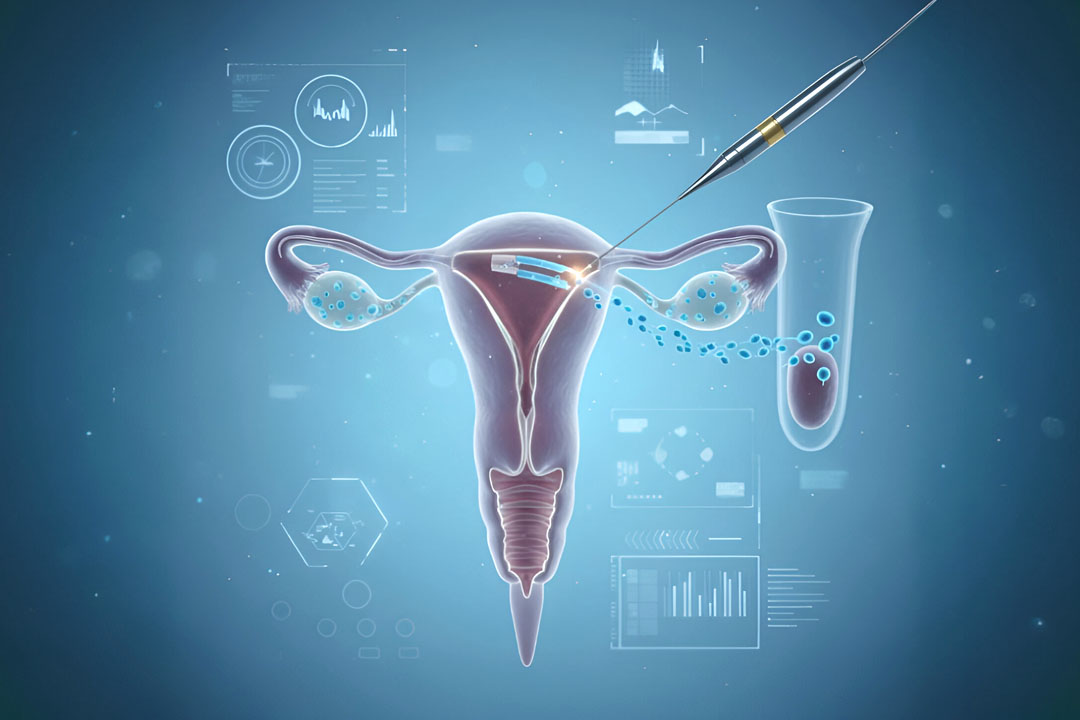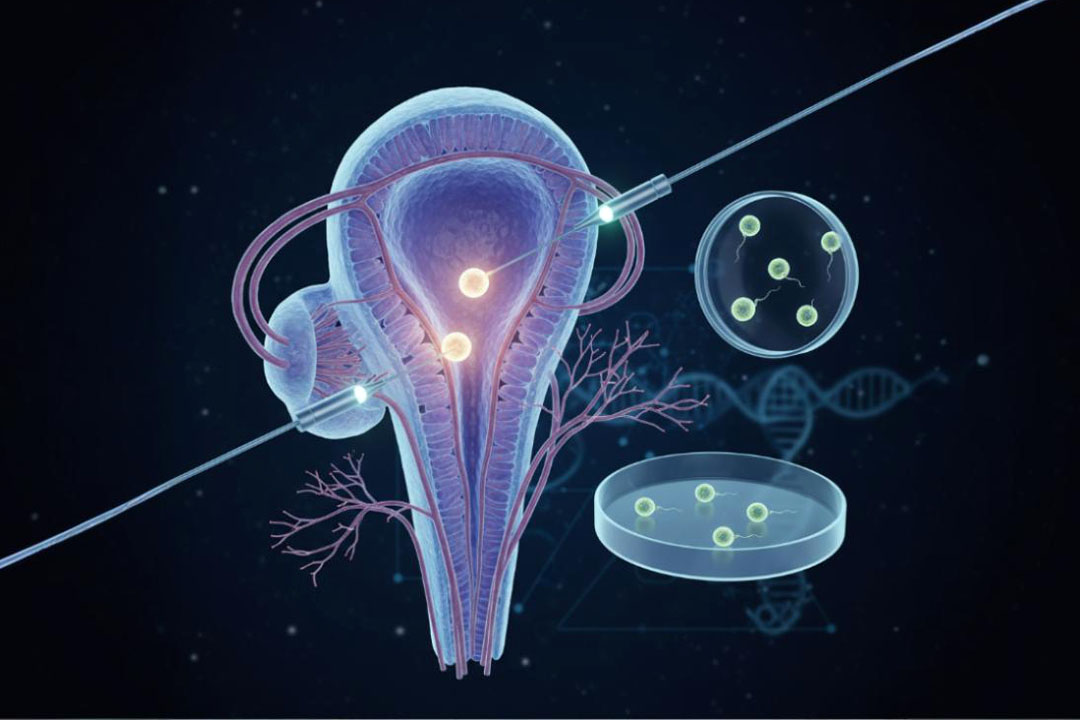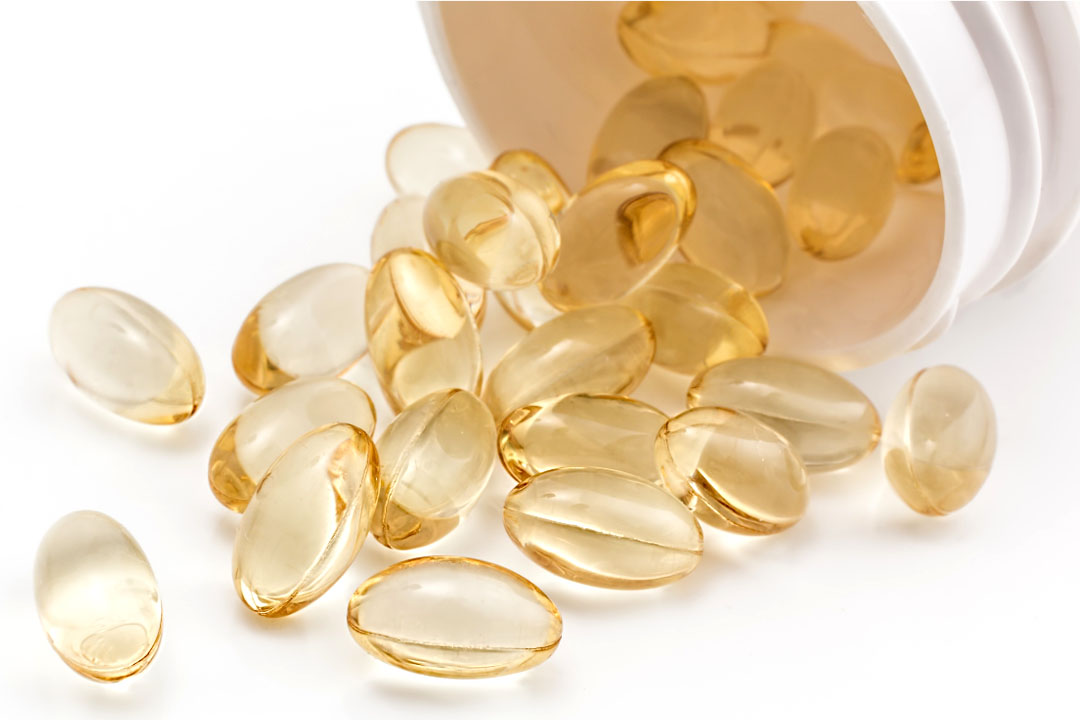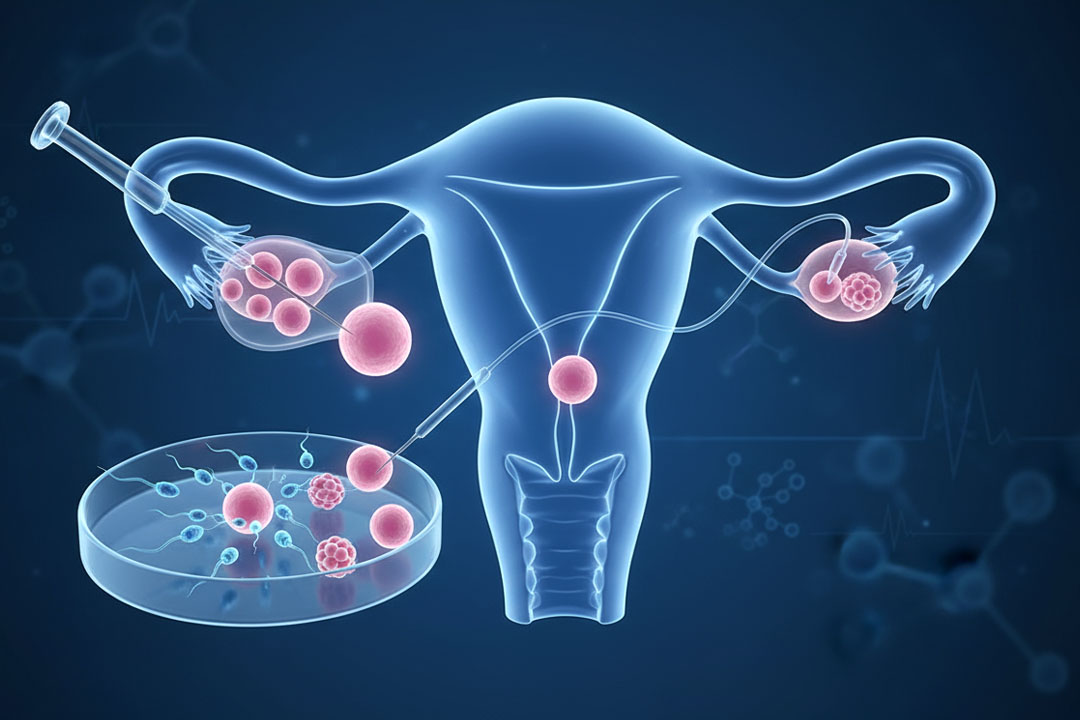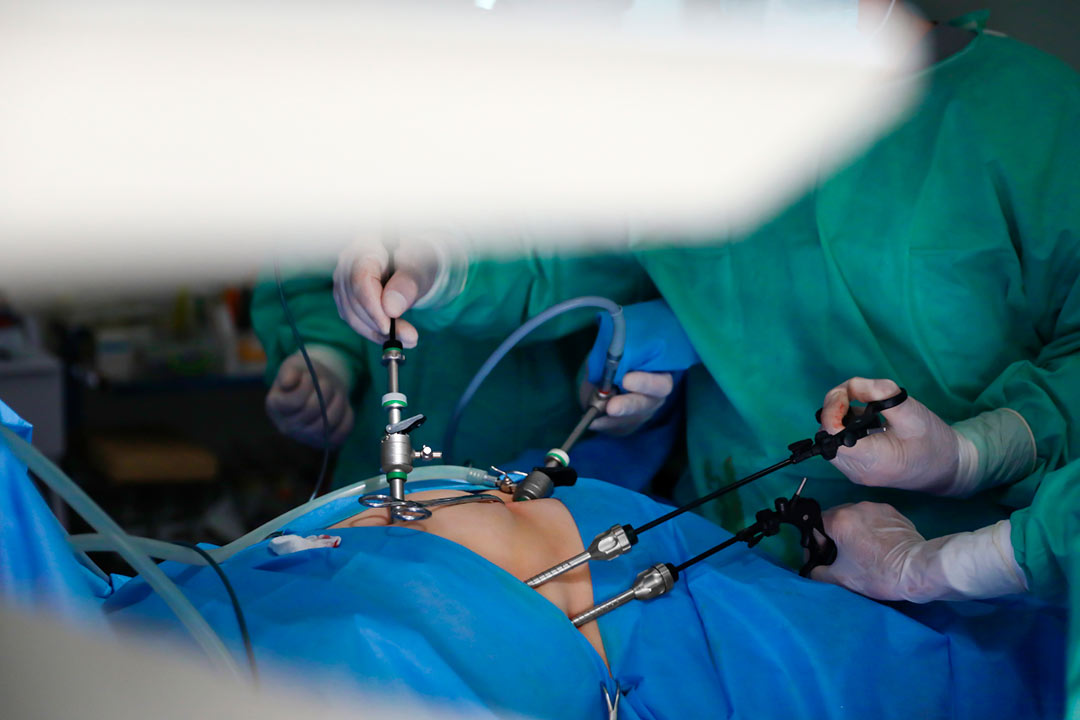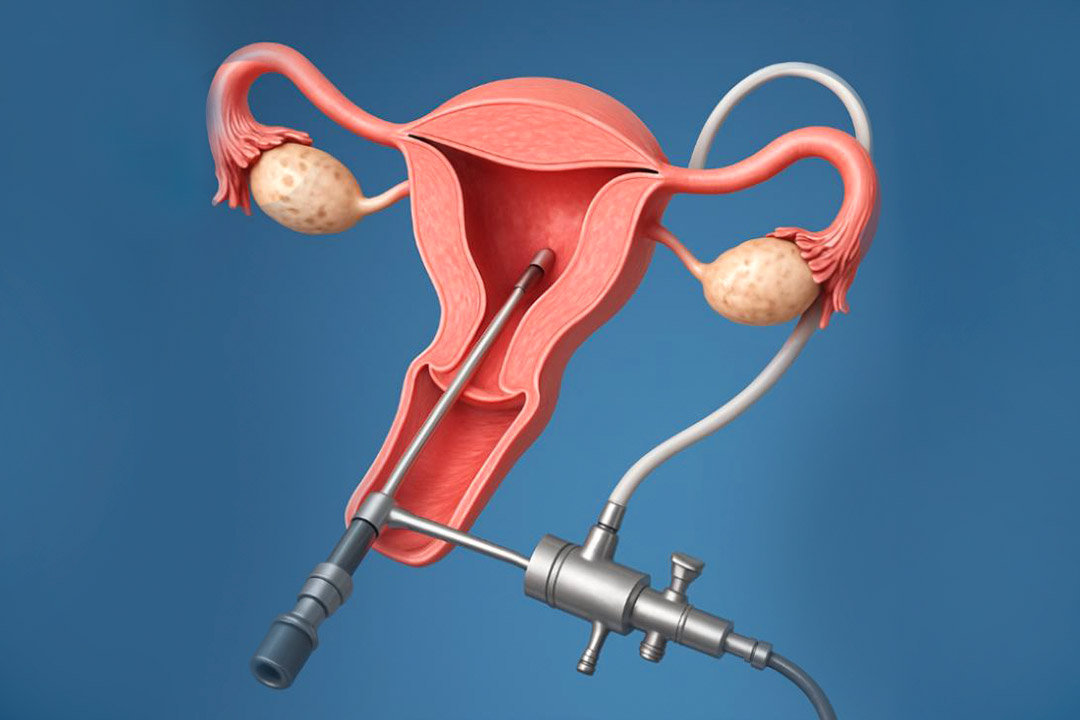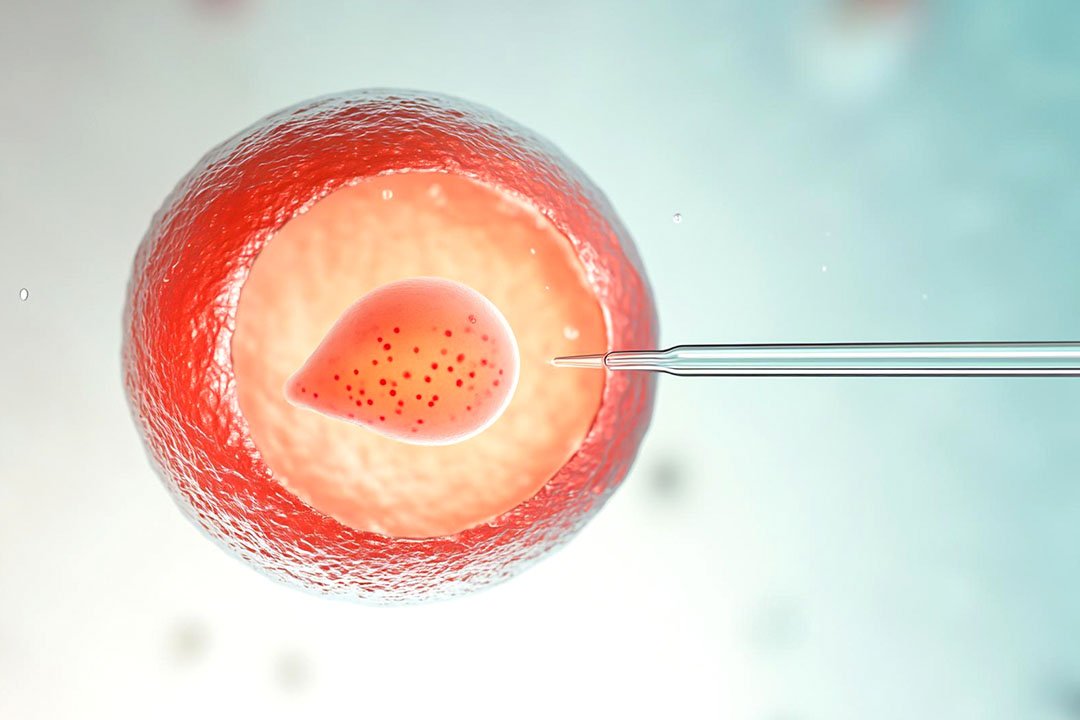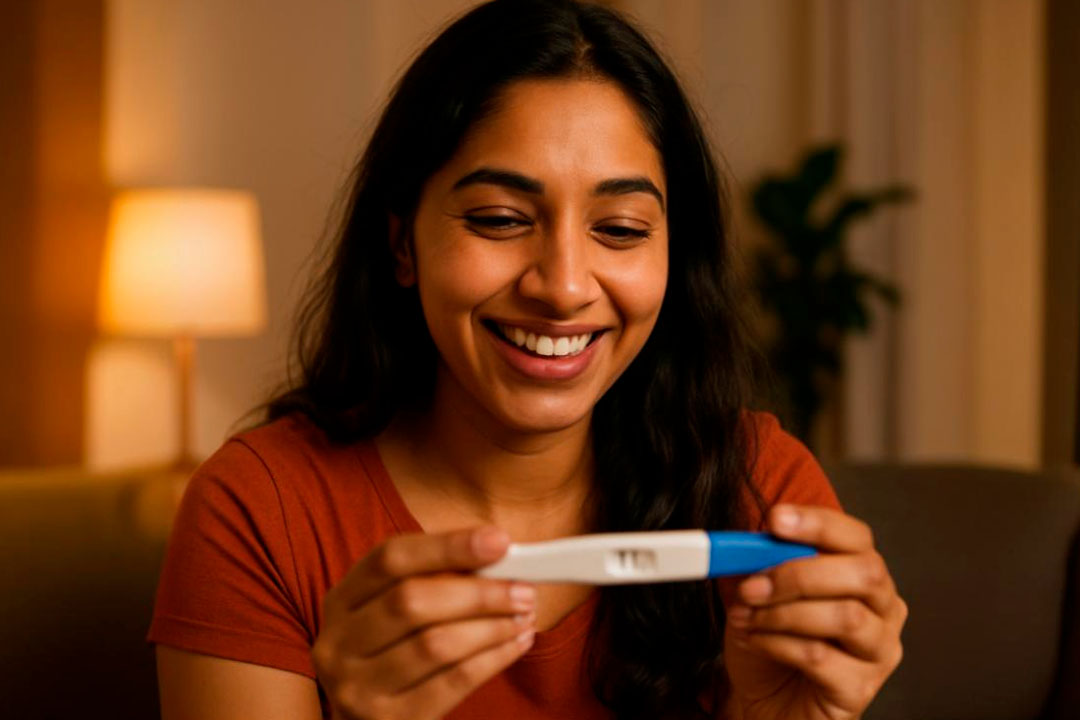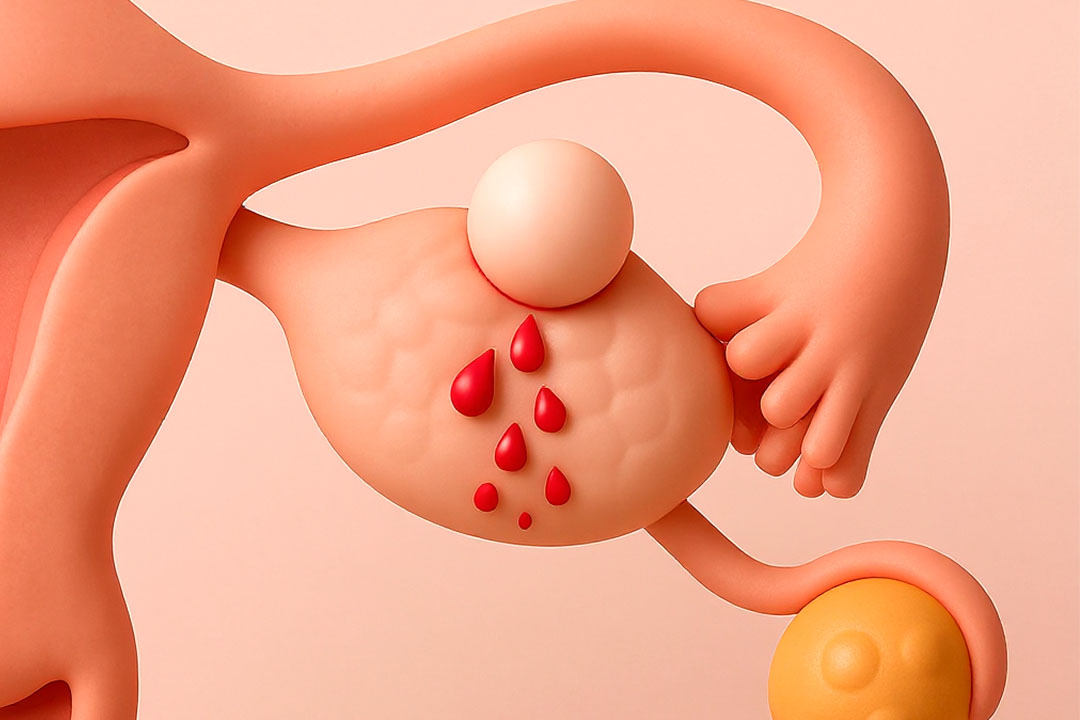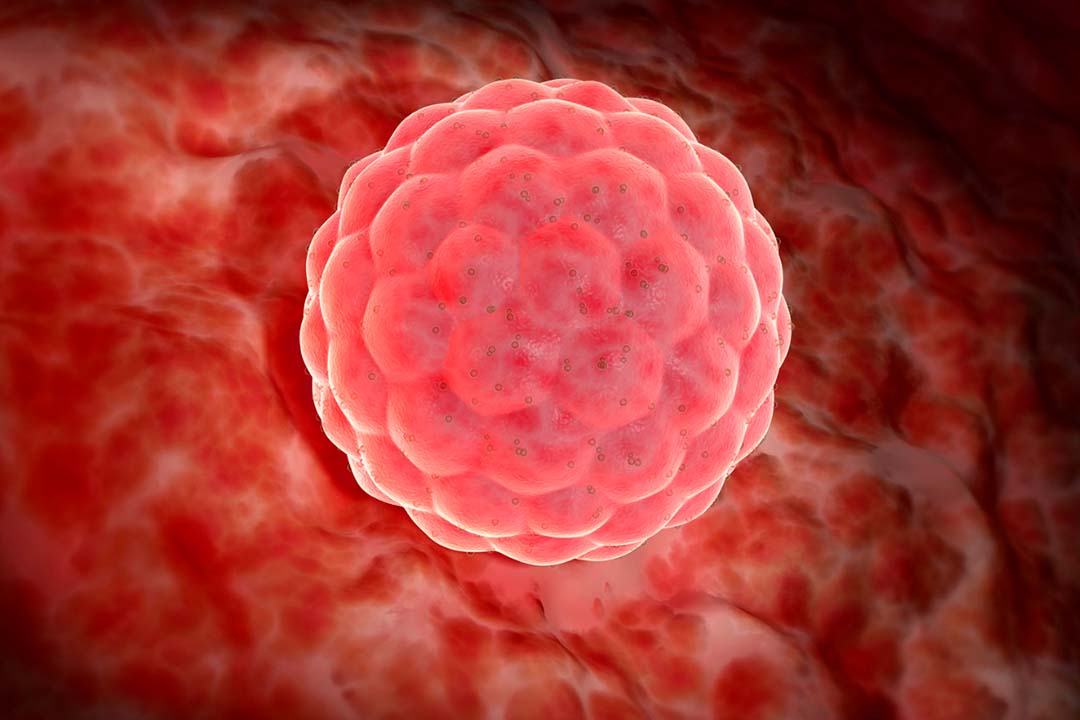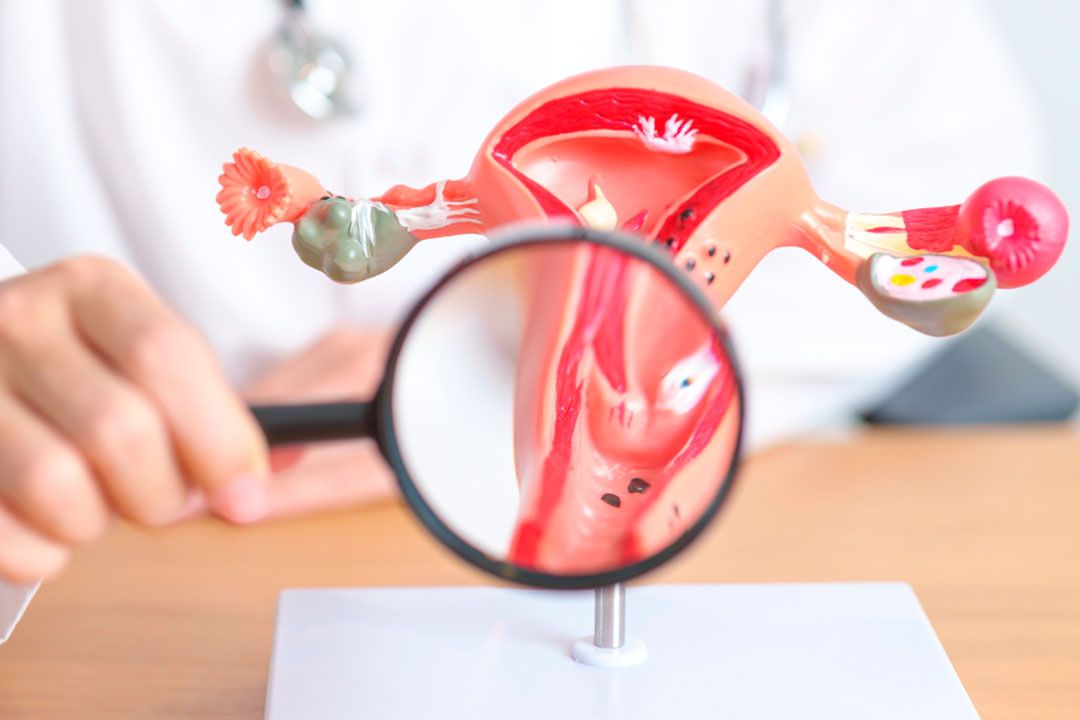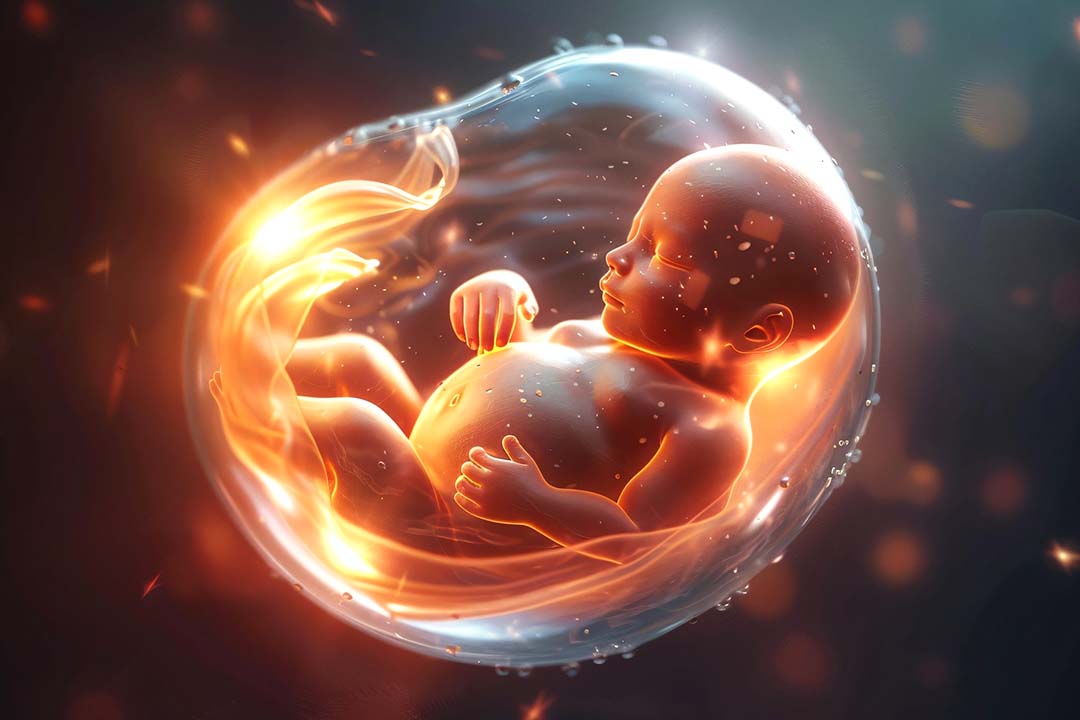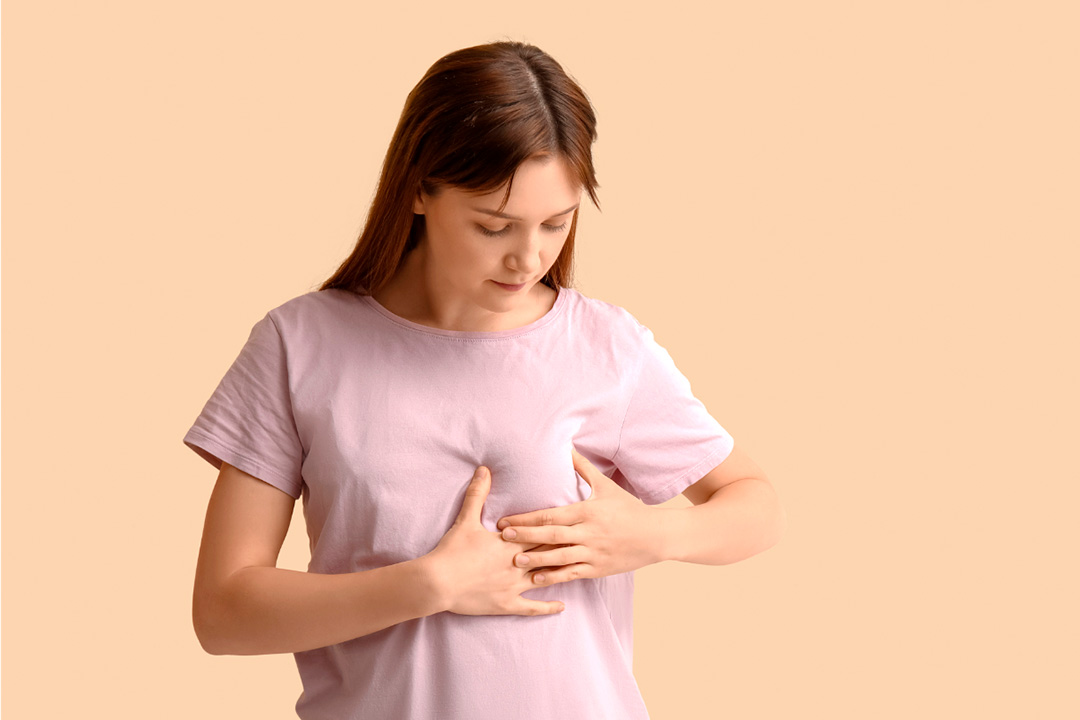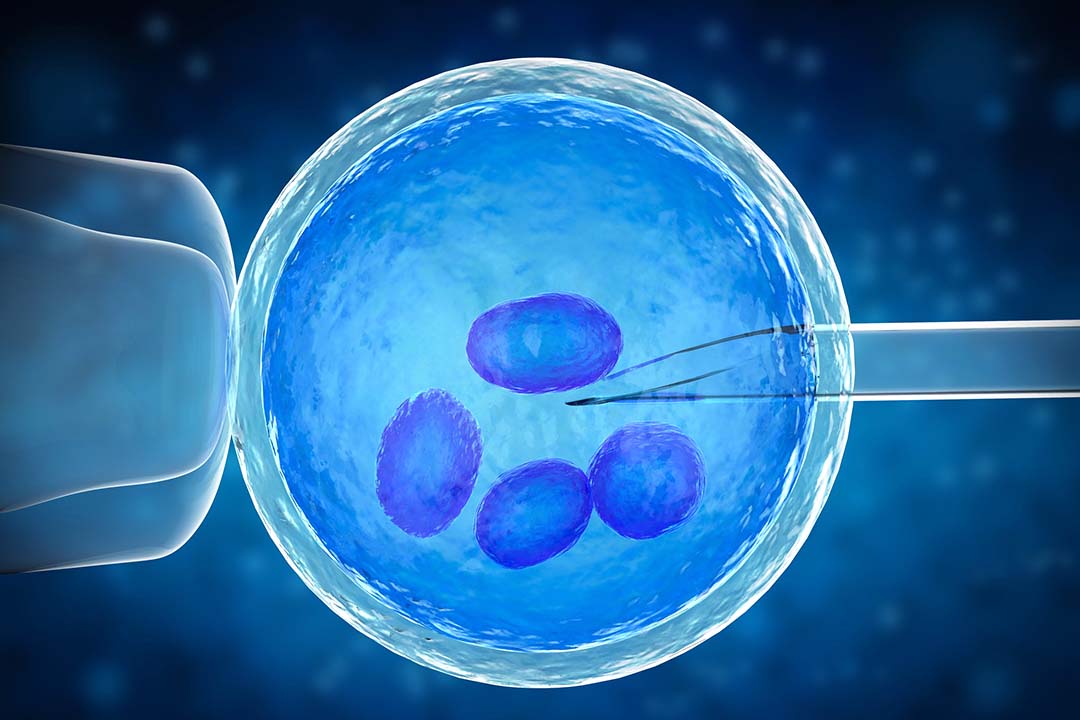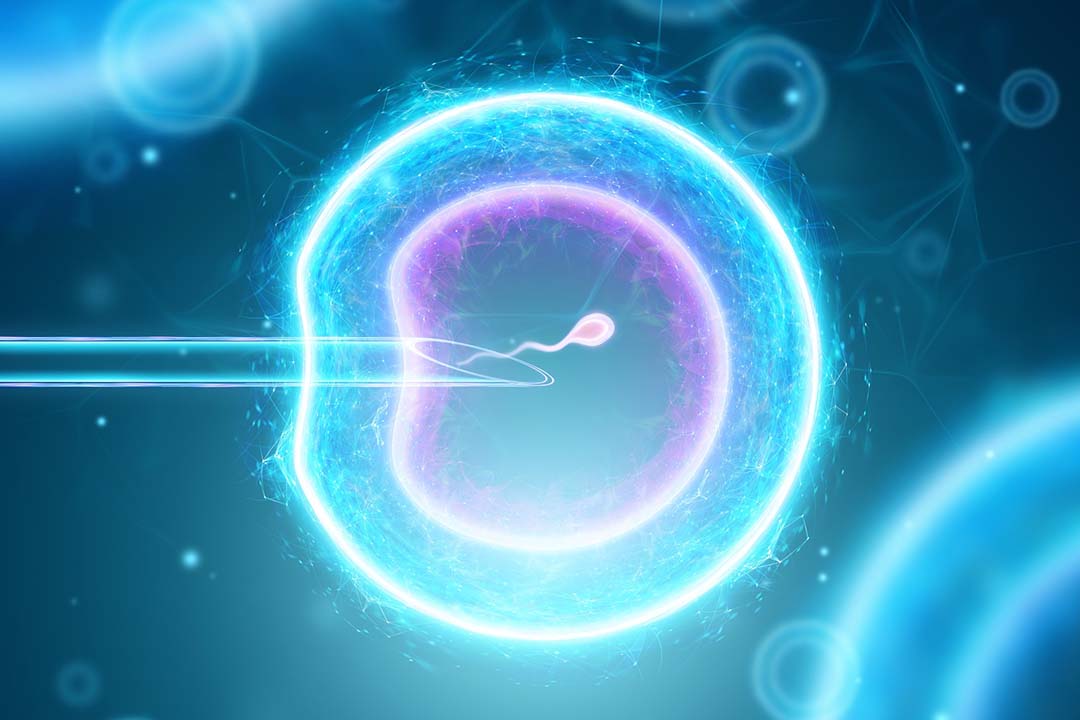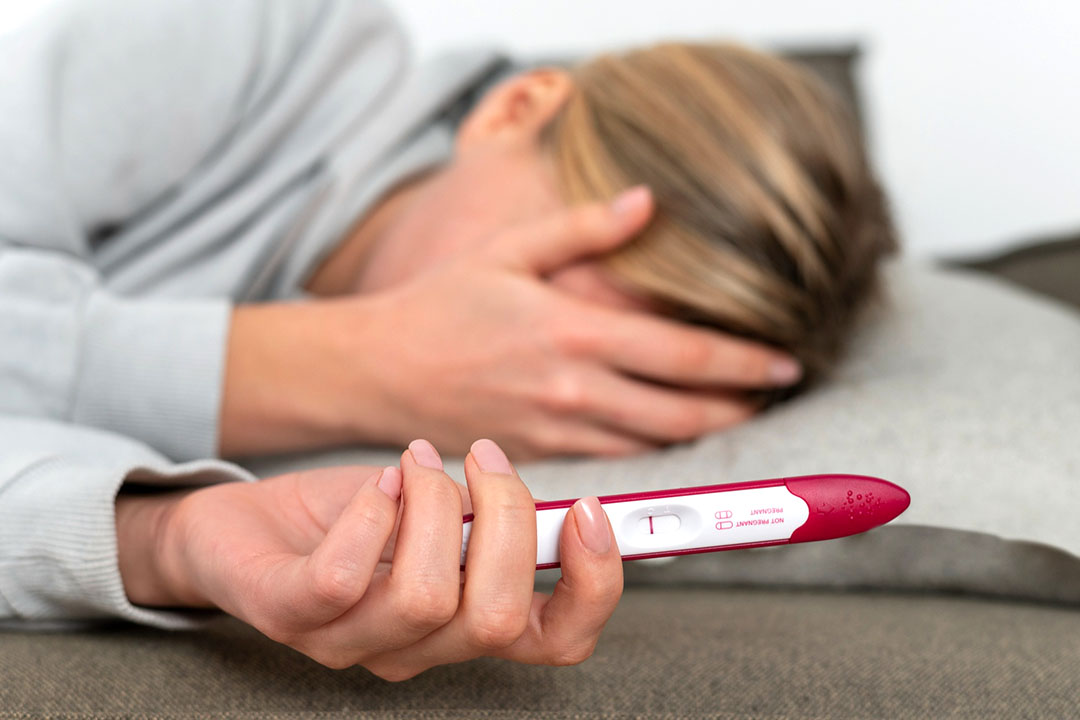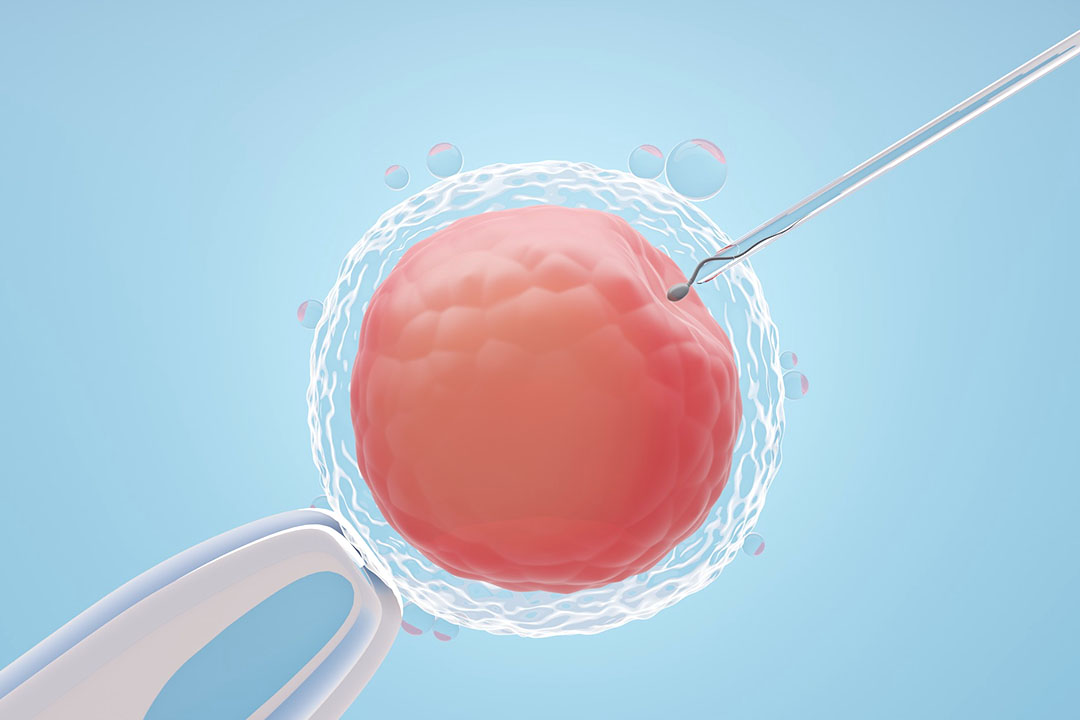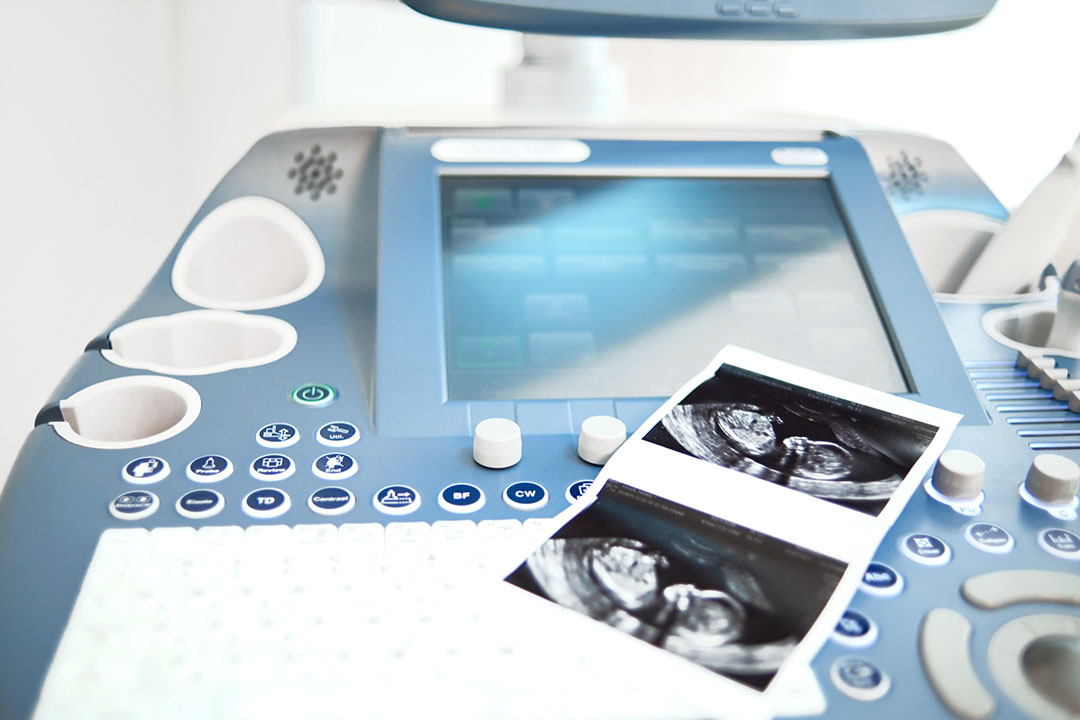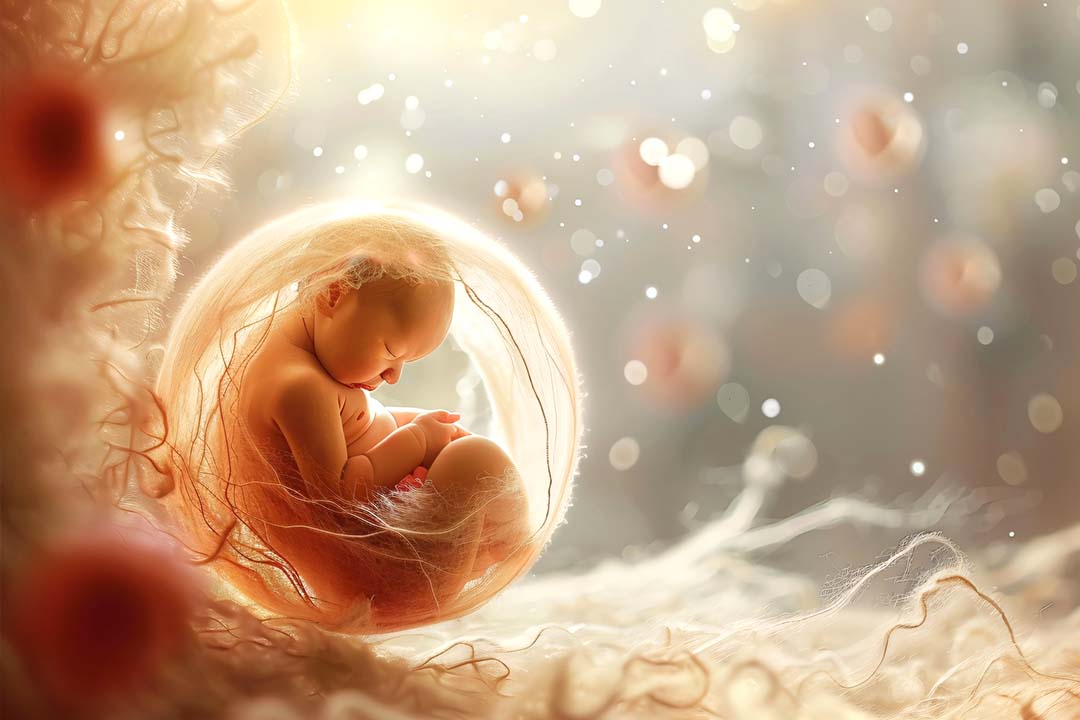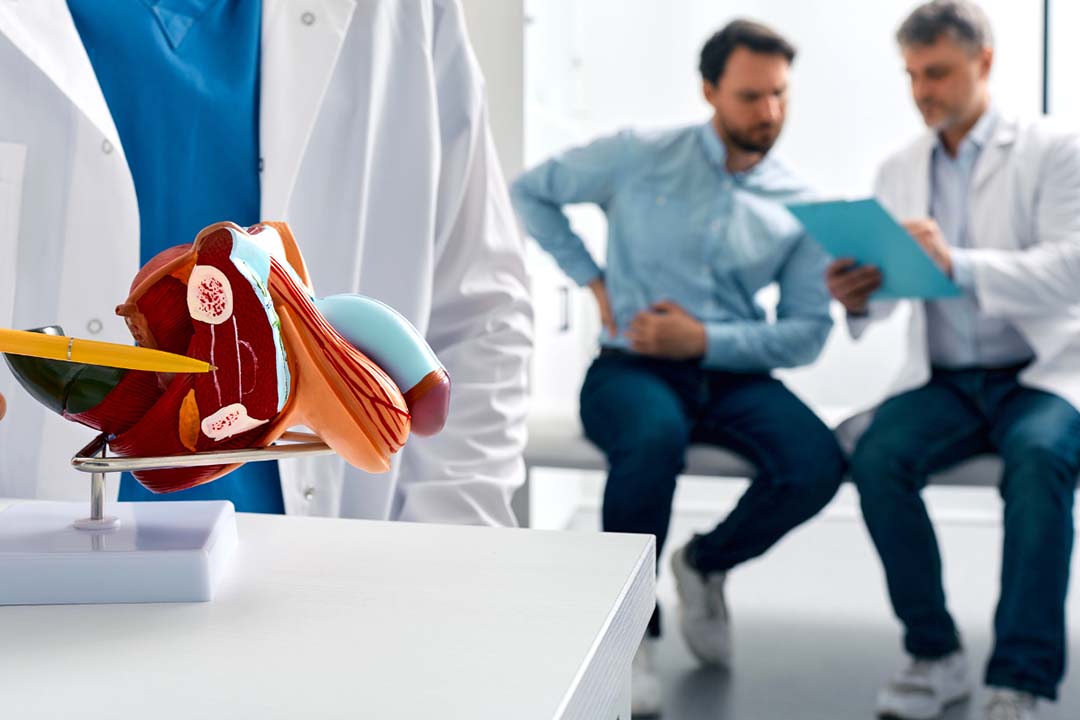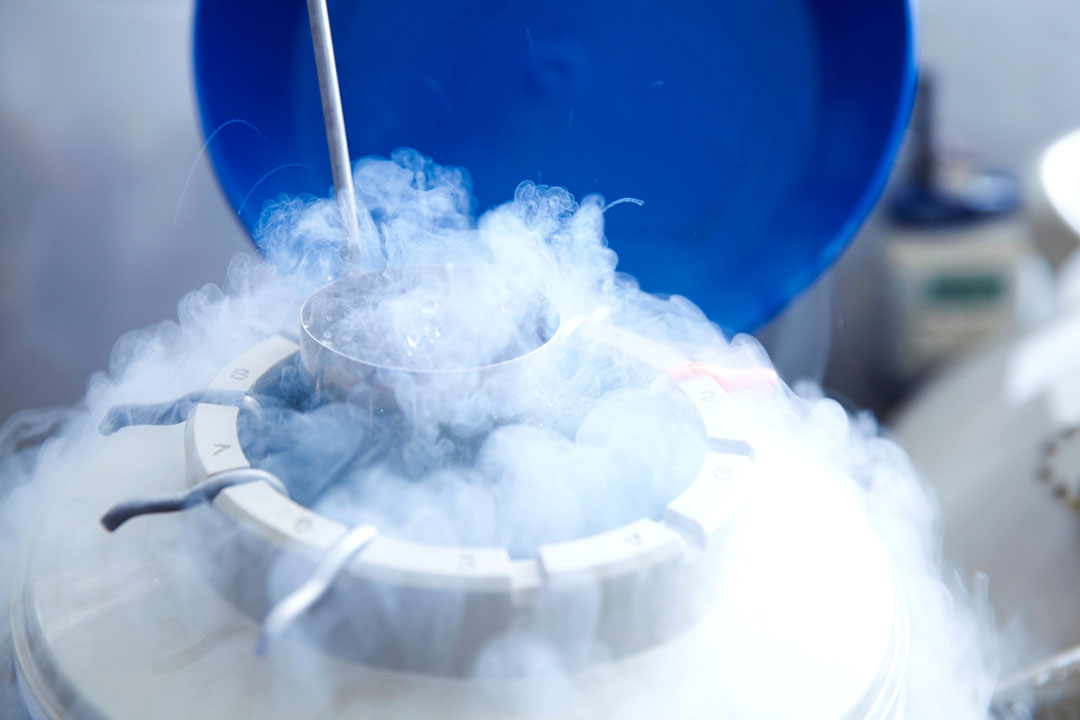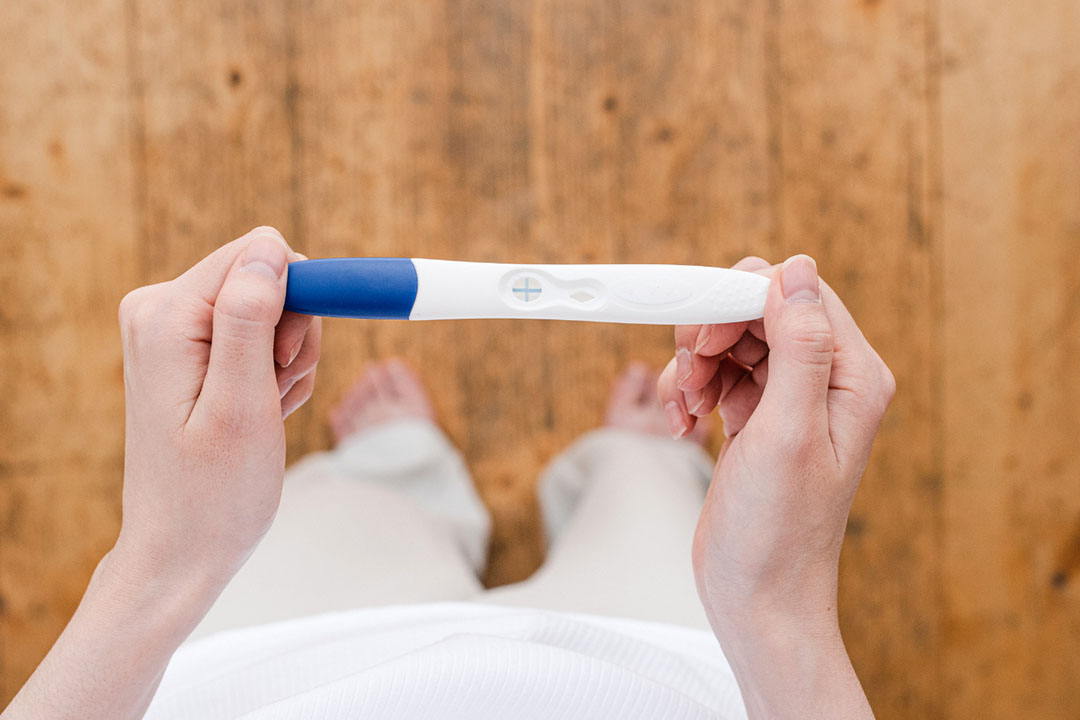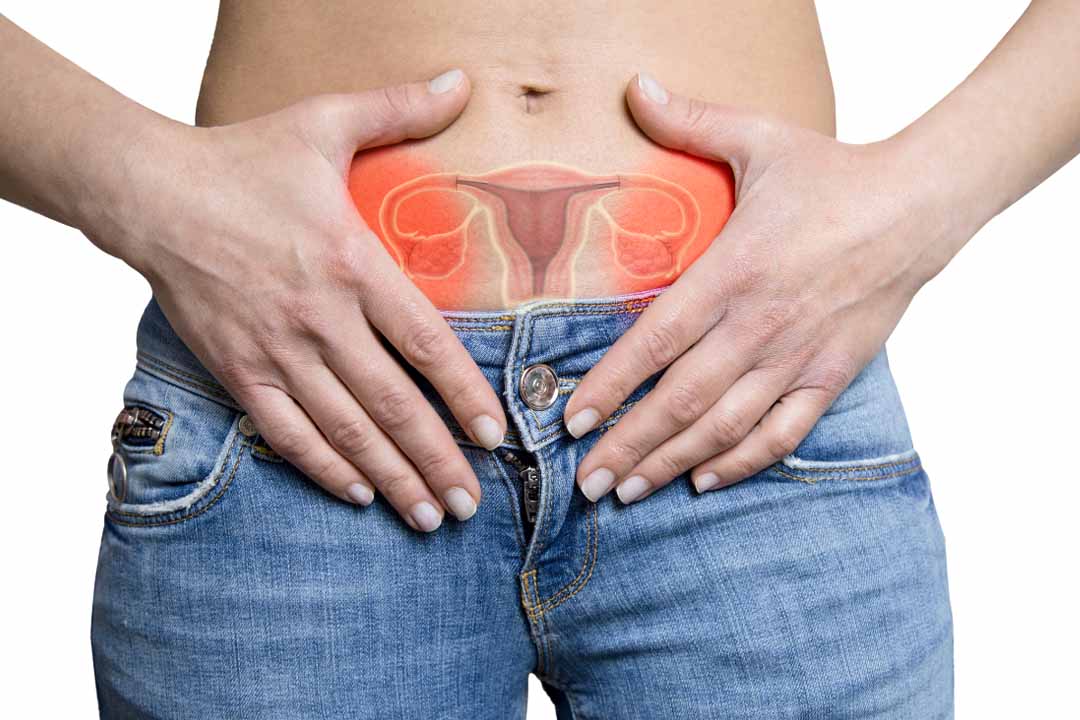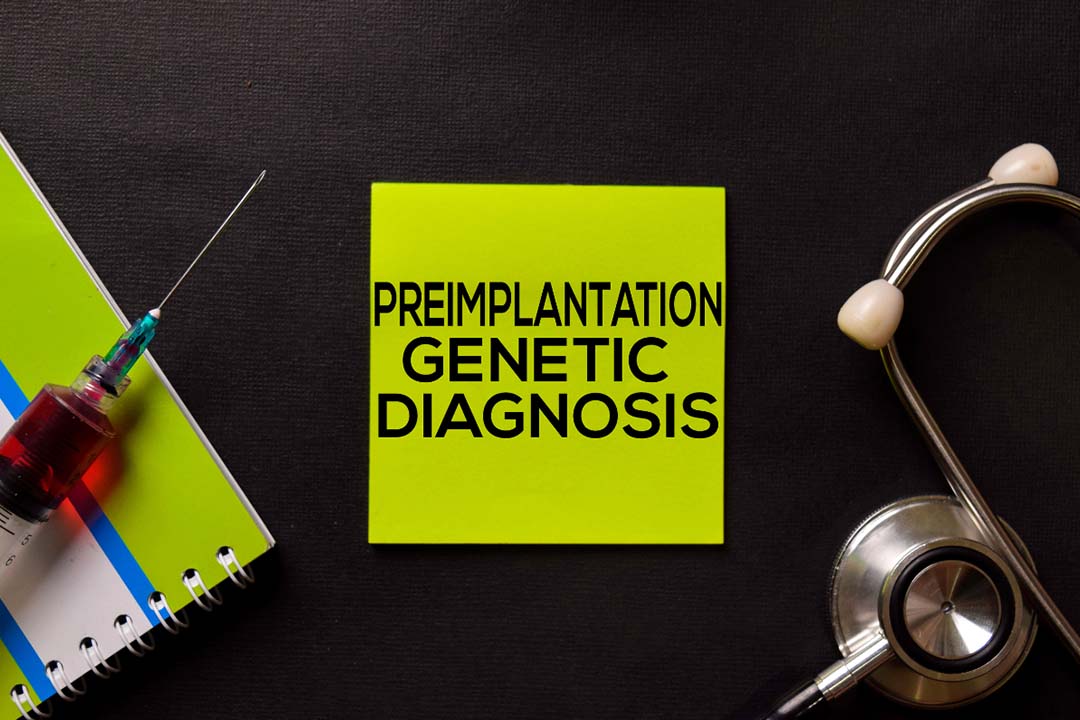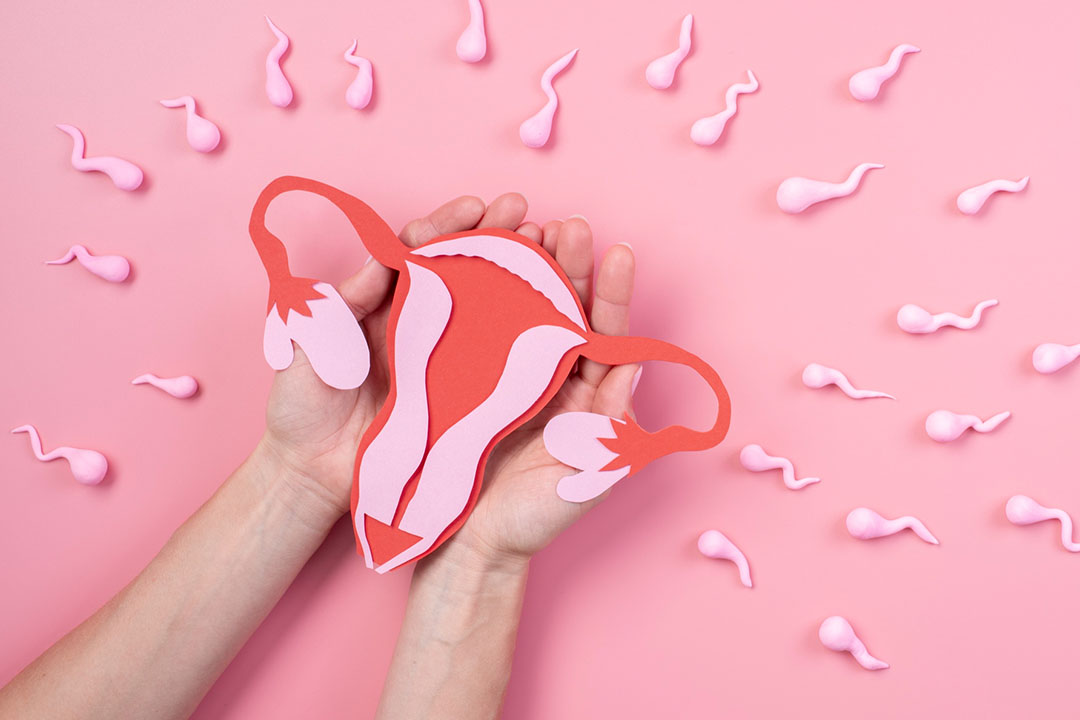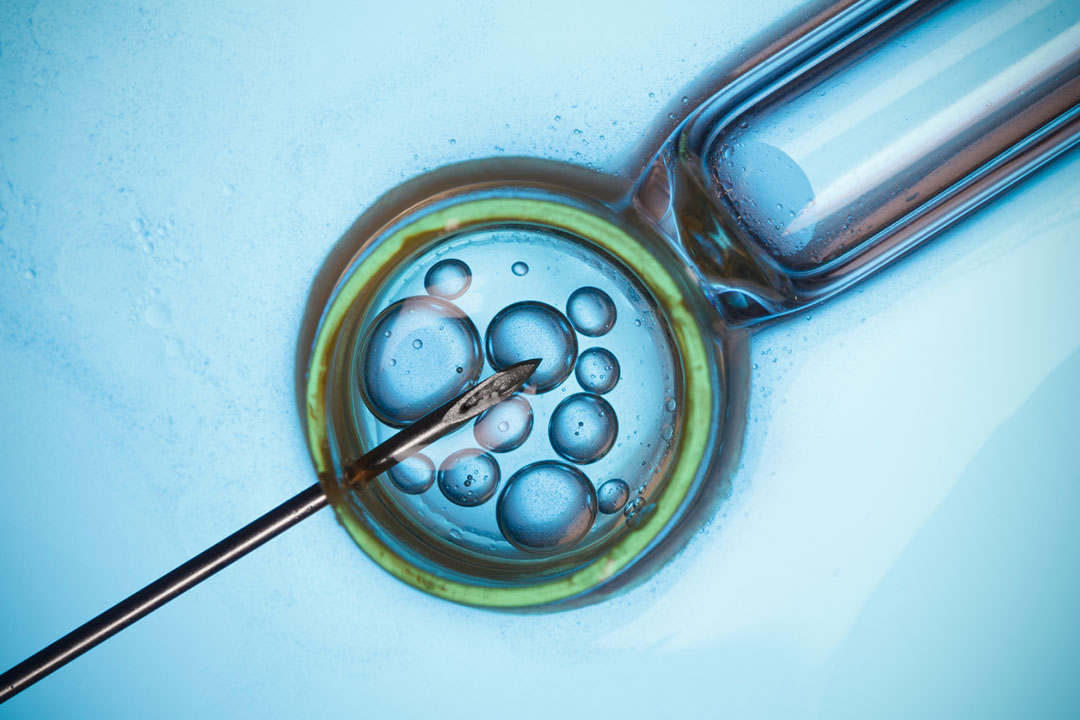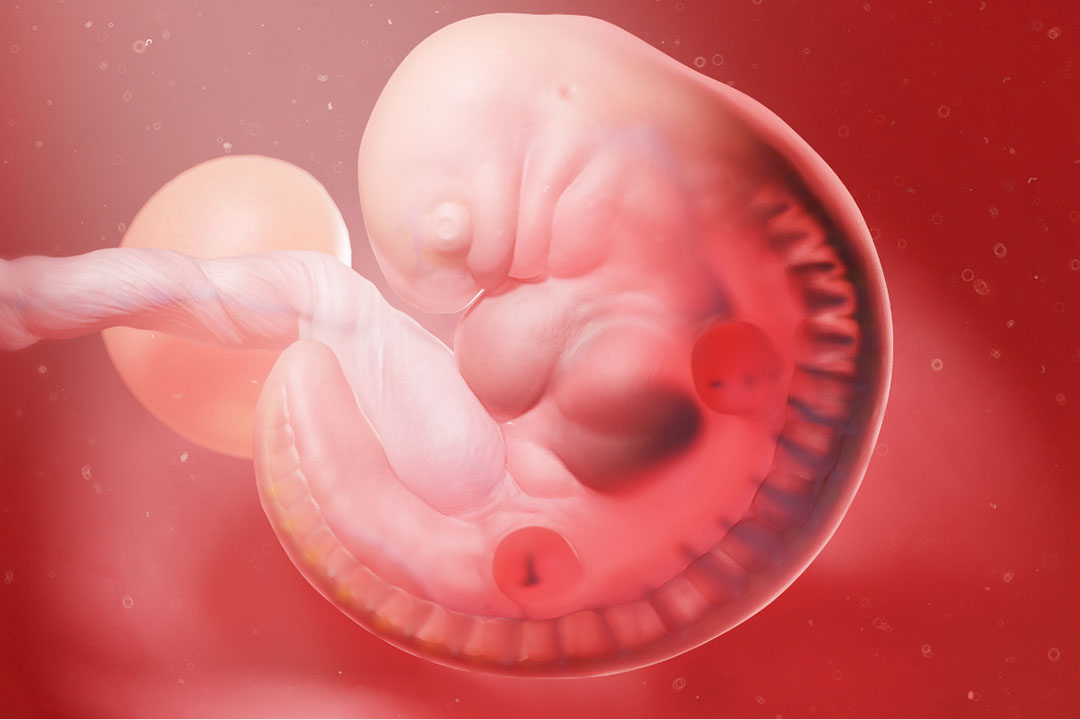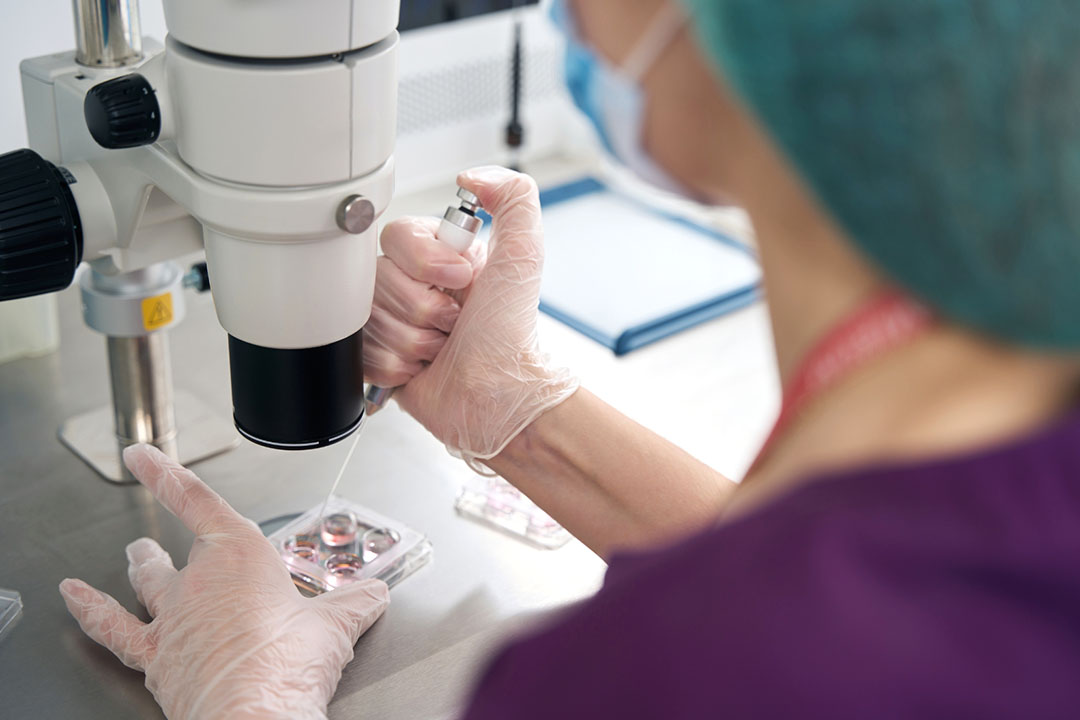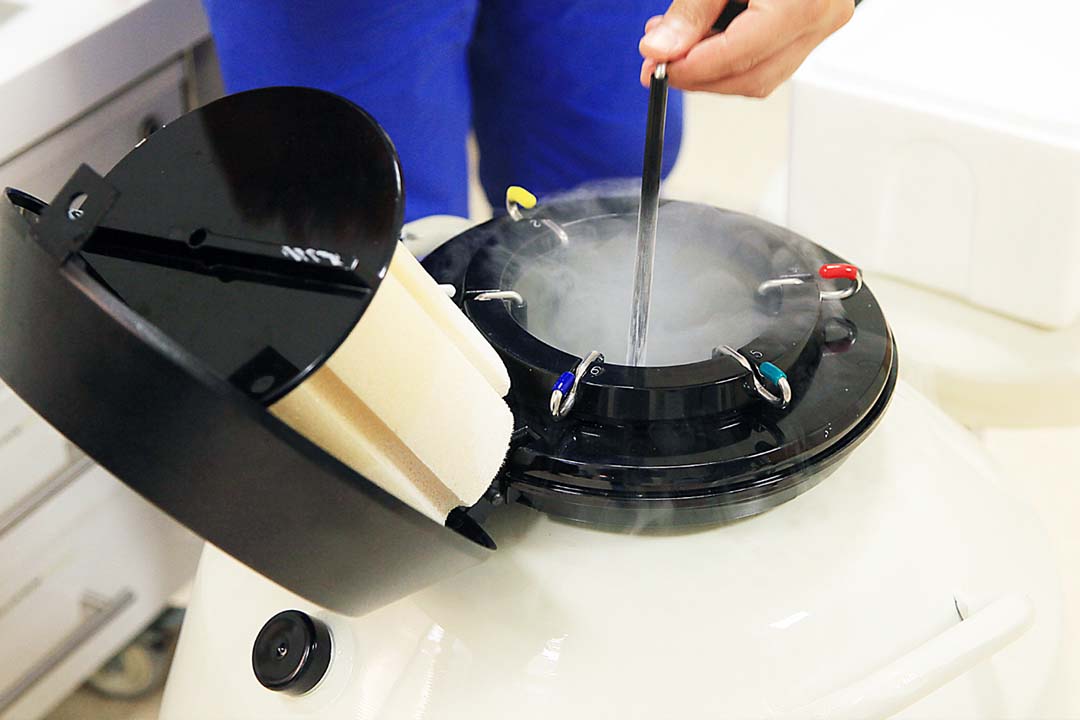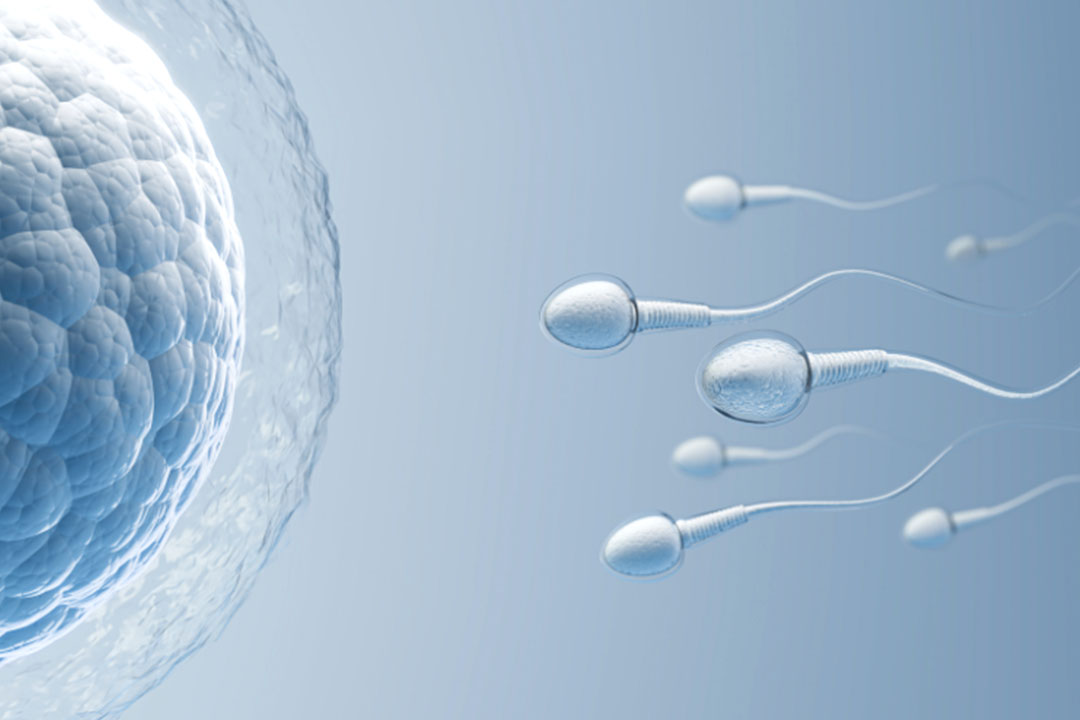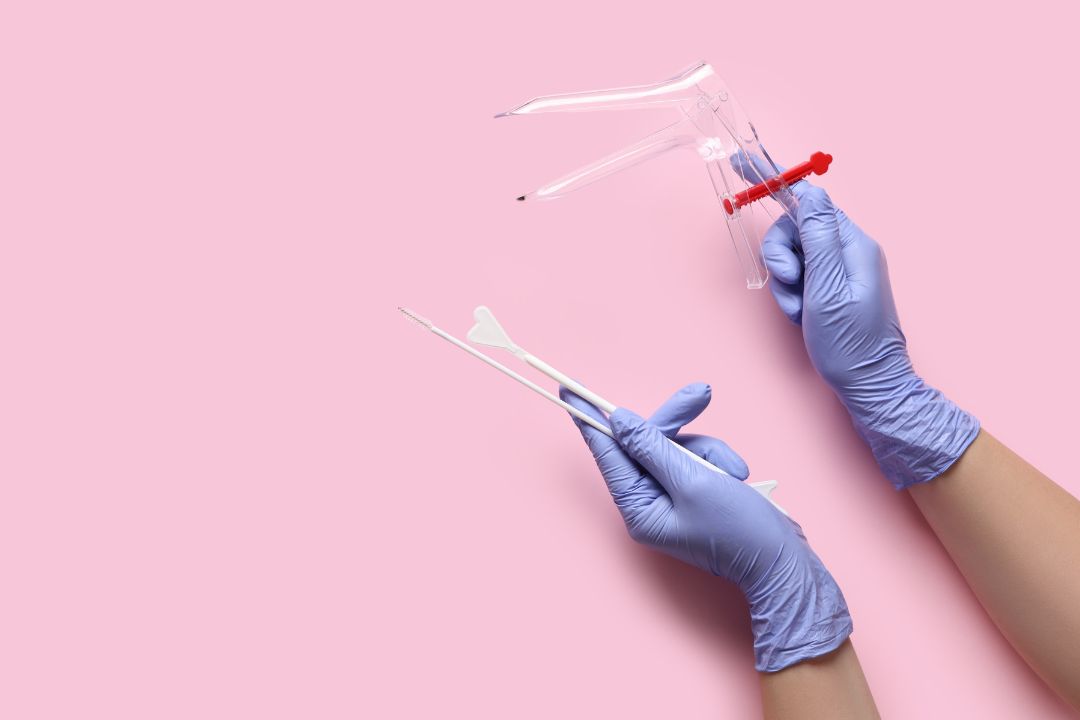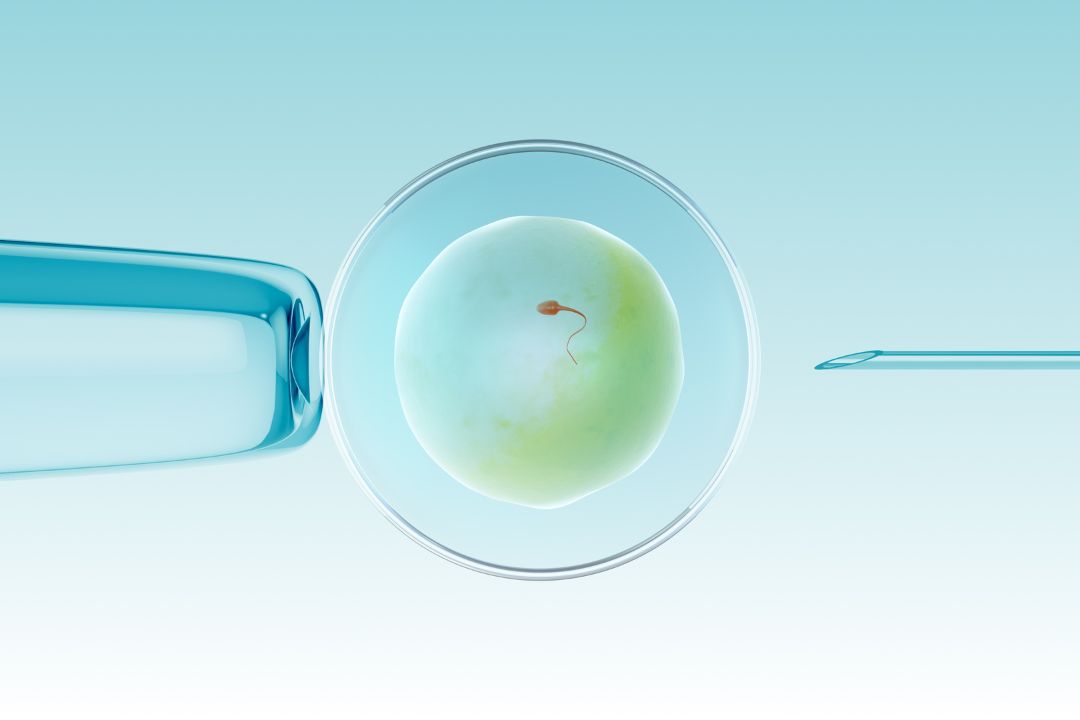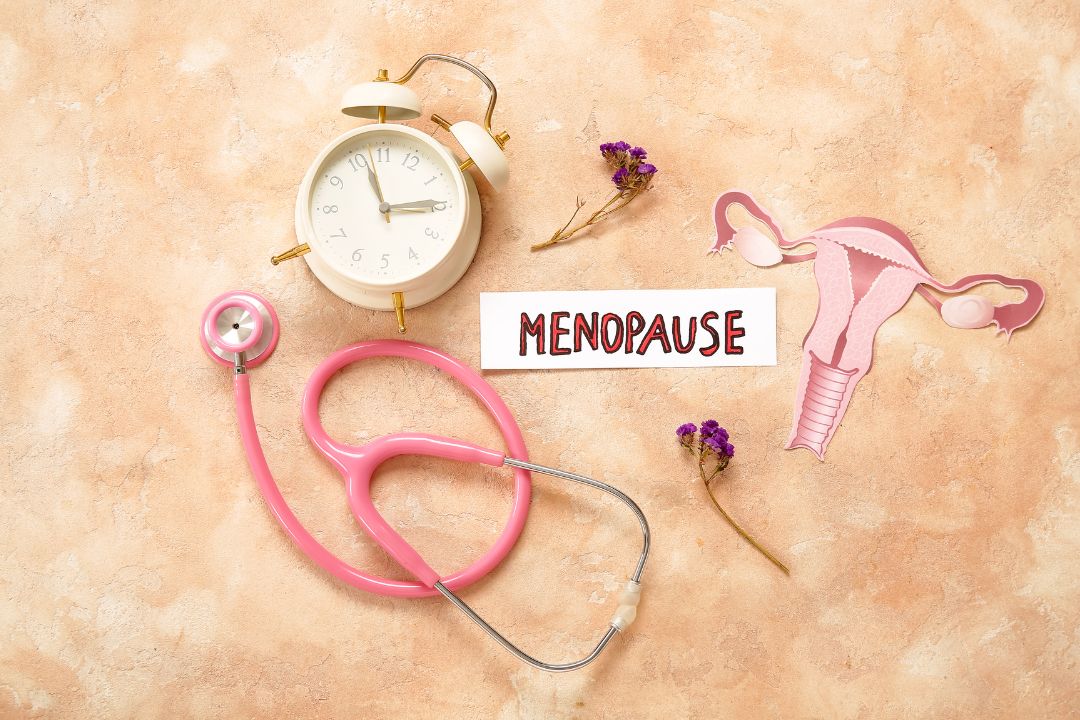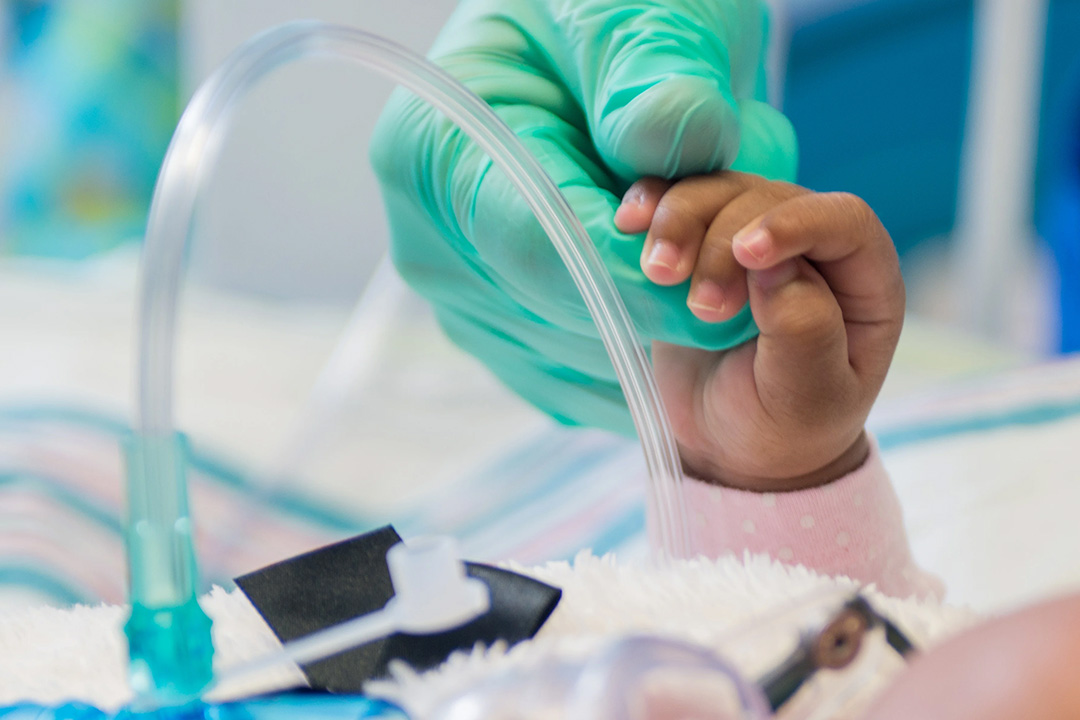IVF Process: Step by Step IVF Procedure Explained
This article provides a detailed explanation of what is IVF treatment, its types, costs, success rates, and more.
Introduction
IVF is one of the most progressive treatments that has assisted couples suffering from infertility to start a family in the modern world.
The IVF treatment process step by step, involves the following: hormonal injections, collection of eggs, fertilization, and embryo transfer, just to mention a few.
What is IVF Treatment?
IVF treatment full form is In Vitro Fertilization. This type of assisted human reproduction entails the removal of the egg followed by its fertilization outside the female body.
This leads to the development of an embryo that is then placed in the uterus to facilitate conception.
What is IVF treatment for pregnancy? It is ideal for childless couples with issues of fallopian tube blockage, low sperm count or those who have never conceived.
IVF has potential when conception via sexual intercourse remains a low possibility.
Who Can Benefit from IVF?
In-vitro fertilization (IVF) has been of great help to those individuals or couples who are facing high challenges of infertility. It caters to various needs, making it a versatile option for:
- Couples with infertility caused by medical conditions: It comes in handy in situations where a couple wants to conceive but faces some problems such as blocked fallopian tubes, endometriosis, or anything else that prevents ovulation.
- Women over 35: Women of this age group can therefore achieve parenthood through IVF since fertility reduces with age.
- Men with low sperm count or poor sperm motility: These problems are solved by IVF, especially when combined with intracytoplasmic sperm injection (ICSI).
- Individuals or couples requiring donor assistance: Common reasons include those who require donor eggs, sperm, or embryos to make their dream of parenthood come true.
- Single parents: IVF enables them to have biological children through procedures that suit them in cases of infertility.
IVF candidates are those who have not responded to other fertility treatments, such as fertility pills or IUI.
This one incorporates modern techniques and boasts high success, making it a source of hope for anyone willing to start a family.
Types of IVF Treatment
IVF (In Vitro Fertilization) has several treatment plans to cater to different challenges in fertility. Here are the different types of IVF treatment available:
| Types of IVF Treatment | Description |
|---|
| Traditional | This is the basic process of IVF where the eggs are collected from the ovaries, are fertilised with sperm in a dish and the resulting embryos are then put back in the uterus. This is the most popular approach for managing infertility or childlessness. |
| Mini IVF | Also known as low-stimulation IVF, Mini IVF uses lower doses of fertility medications compared to traditional IVF. It is often preferred for individuals with mild infertility or those who want to minimize the risk of ovarian hyperstimulation syndrome (OHSS). |
| Frozen Embryo Transfer (FET) | In FET, embryos from a previous IVF cycle are frozen and stored for future use. When the time is right, the frozen embryos are thawed and transferred into the uterus, providing an option for women who want to delay pregnancy or need multiple attempts. |
| Intracytoplasmic Sperm Injection (ICSI) | ICSI is a specialized procedure used when male infertility is a factor. In this method, a single sperm is injected directly into the egg to facilitate fertilization, improving chances of success. |
| Elective Single Embryo Transfer (eSET) | eSET involves the transfer of a single embryo in order to eliminate the risks of multiple gestations. This is advisable for women below 35 years of age with good-quality embryos. |
| Donor-Assisted IVF | In cases of male or female infertility, donor-assisted IVF uses donor eggs, sperm, or both. It is preferred by couples who are unable to use their own gametes for health or genetic issues. |
Preparing for IVF Treatment
Preparation is essential for a successful IVF cycle:
- Medical Tests: The first and essential tests include blood tests of hormone levels, ovarian reserve, and analysis of male semen.
- Lifestyle Changes: Smoking cessation, moderation of alcohol drinking, and weight control.
- Supplements: Women may be given folic acid as well as other vitamins to enhance the quality of the eggs produced.
- Counselling: Mental preparation is also required for the challenging task ahead of them.
IVF Treatment Process Step by Step
The IVF treatment process is complex and encompasses the following steps: stimulation of ovary function, retrieval of eggs, fertilisation and embryo culture, and embryo transfer.
Here's a breakdown of the process:
1. Ovulation Stimulation
The foremost stage in the IVF process is, therefore, ovulation induction which aims at stimulating the ovaries to produce more eggs for fertilisation.
How many injections for IVF treatment? Standard administration involves 8 to 12 injections over 10 to 14 days.
However, the number of doses can change depending on the ovarian reaction. These tests include blood tests and ultrasounds to track the effectiveness of the medication.
2. Egg Retrieval Procedure
The eggs are then collected from the ovaries once they have developed to the right maturity stage using a needle that is guided by the ultrasound machine.
This is done under general anaesthesia, and it usually lasts for about half an hour or between fifteen to twenty minutes.
It is an invasive procedure and patients are often able to return to their normal activities shortly after the procedure in most cases.
3. Sperm Collection and Preparation
Sperm is either obtained from the male partner or, if desired, frozen sperm or sperm donated by a third party may be used.
The male partner produces sperms, which are then taken through some processes in a laboratory to find the best sperms to use for fertilization.
4. Fertilization and Embryo Development
Sperm collection is followed by the process of fertilization, which mostly occurs in the laboratory.
There are two main methods:
- Conventional IVF: In this method, sperm and egg are placed within a dish and allowed to suit on their own or naturally fertilize.
- ICSI (Intracytoplasmic Sperm Injection): Microsurgery process in which a single sperm is inserted directly onto the surface of an egg or within the egg itself; often used in cases of male infertility.
After fertilization, the embryos are then cultured for 3-5 days with the embryologist determining the best embryos for transfer.
5. Embryo Transfer
The last stage in IVF is embryo transfer which involves implantation of the best quality embryos into the uterus through a thin plastic tube called catheter.
This is an outpatient procedure where no anesthesia is used and it only takes a short amount of time.
The efficiency of the transfer varies with factors of embryo quality and the ability of the uterus to host the embryos.
IVF is methodical and is tailored in most of its aspects to ensure the best success outcomes are achieved at every stage.
Post-Transfer Care
- Rest and Relaxation: Do not over-exercise or do anything that would stress the body to entice the best environment for implantation.
- Follow Medical Advice: Each doctor has their specific way and it is important that their recommendations should be followed to the letter for the best results.
- Medications: Prolong the use of drugs that will help in the functionality of the uterus, such as progesterone.
- Hydration: Use a lot of water as it is adequate in the body to help in the healing process and for overall body functions.
- Avoid Smoking and Alcohol: It is thus advised for these substances as they are likely to have adverse impacts on the probability of implantation.
- Monitor Symptoms: If you see any severe signs, which are not common or are worrying you, it is necessary to consult your doctor.
- Mental Health: Engage in stress-free exercises since this aspect of wellness can have a direct impact on the results.
- Dietary Considerations: Maintain a healthy diet full of nutrient-dense foods that will help the body during this crucial developmental stage.
- Physical Activity: Minimal and restricted stair climbing is allowed; however, vigorous exercise or any activity that can elevate the heart rate is not permitted.
- Pregnancy Test: This test is often done 10-14 days after the embryo transfer process in order to detect implantation.
IVF Success Rate
The IVF treatment success rate depends on:
- Age: When it comes to sexes, women under 35 have been reported to have a high success rate of between 50%- 60%; however, the rate reduces with age.
- Embryo Quality: With higher-quality embryos, there are higher chances of success.
- Underlying Health: This may reduce success when a woman has conditions such as endometriosis.
| Age Group | Success Rate (%) |
|---|
| Younger than 35 | 46.7 |
| Ages 35 to 37 | 34.2 |
| Ages 38 to 40 | 21.6 |
| Ages 41 to 42 | 10.6 |
| Ages 43 and up | 3.2 |
Side Effects of IVF Treatment
One of the most popular assisted reproductive technologies is in vitro fertilization (IVF).
However as it was mentioned before, all treatments in this field may have possible risks, just like any other medical procedure.
While IVF is generally considered safe, it’s important to be aware of the following common and rare side effects of IVF treatment:
- Ovarian Stimulation: The medication used in the process of stimulating the ovaries may cause symptoms like bloating, stomachaches, and cramps.
- Mood Swings: Gonadal hormones used during IVF may lead to psychological pressure and mood changes.
- Ovarian Hyperstimulation Syndrome (OHSS): This is a very specific and, at the same time, rather severe condition that happens when the ovaries are too sensitive to stimulation and swell together with developing pain and sometimes signs of fluid retention.
- Headaches: Headaches are one of the possible side effects of hormone injections for some women.
- Breast Tenderness: These hormonal changes may lead to tenderness and growth in the size of the bust during the IVF process.
- Hot Flashes: Additional side effects arising from the hormonal medications include sudden changes in body temperature or hot flashes.
- Multiple Pregnancies: IVF also leads to higher rates of multiple births, which presents higher risks as well.
- Increased Risk of Ectopic Pregnancy: This treatment can be expensive and also could result in pregnancy outside the uterus.
- Injection Site Reactions: Some of the mothers may develop inflammation, skin rashes, soreness, or redness when they are injected.
- Emotional and Physical Stress: It can be a very physically and mentally challenging process, where a patient needs help from physicians and close ones.
What is the Cost of IVF Treatment?
The IVF treatment cost can vary significantly, typically ranging from ₹60,000 to ₹1,00,000. Several factors influence the overall cost of IVF treatment, including:
- Clinic’s Location and Reputation: IVF cost also tends to differ depending on the clinic that one frequents. This means that clinics that are located in places such as big cities or clinics that have better equipment or expert doctors are likely to charge higher amounts.
- Additional Procedures: Where additional steps like ICSI (Intracytoplasmic Sperm Injection) or any form of genetic diagnosis and treatment may be required, the overall cost of the IVF treatment may rise. Such treatments may be necessary when one is dealing with male factors or if there are any concerns regarding genetic factors.
- Medications and Lab Costs: In IVF some medication is used for ovarian stimulation and for collecting eggs which may lead to the overall cost of the treatment. Another element that adds to the cost is laboratory charges such as embryo culture and freezing.
- Consultation Fees: Other costs that can also be quite cumulative include the first appointment and subsequent check-up appointments with a fertility doctor or specialist.
- Age and Health Factors: This is because the patient’s age and medical history contribute to the treatment plan and cost if further care is required.
IVF Treatment Age Limit
The IVF treatment age limit is usually up to 50 years, but this depends on the rules of the country and the medical history of a woman.
Age is also a factor in fertility: the ability of a woman to conceive diminishes with age and can affect IVF results.
After the age of forty, a woman can hardly conceive healthy offspring because the quality of the remaining eggs is low and the hormonal system is disturbed.
In this regard, most of the women in this age bracket seek donor eggs to enhance the likelihood of successful IVF.
Donor eggs overcome the issues that come with old ovaries and increase the chances of conception compared to IVF alone.
Thus, although IVF is helpful in solving fertility issues at any age, consultation with a fertility specialist is crucial for the evaluation of overall health and the selection of the most suitable course of treatments depending on age and fertility problems.
Is IVF Treatment Painful?
The IVF process entails a number of stages, where some procedures may entail slight discomfort but are not invasive. Here’s a breakdown of potential discomforts:
| Step in IVF Treatment | Discomfort | Pain Management |
|---|
| Hormonal Injections | Mild discomfort, possible bruising, or swelling at the injection site. | Typically mild discomfort, manageable with proper technique. |
| Ovary Stimulation | Bloating, tenderness, or mild discomfort in the ovaries. | Temporary discomfort usually resolves after the stimulation phase. |
| Egg Retrieval | Mild cramping or discomfort after the procedure. | Anaesthesia is used to ensure no pain during the procedure. |
| Embryo Transfer | Mild cramping after the procedure. | Generally painless, with mild discomfort easily managed. |
| Post-Procedure Bloating | Some women may experience bloating after stimulation. | Usually, it resolves on its own, with advice on managing bloating. |
| Hormonal Changes | Emotional changes or mood swings due to hormone treatments. | Temporary, and managed with support from the IVF team. |
In conclusion, IVF treatment is not very painful; most of the discomforts that patients experience can be easily tolerated or alleviated.
IVF Treatment and Lifestyle Adjustments
- Healthy Diet: The best food to eat during IVF treatment include protein foods, fresh fruits, and whole grain foods. These are important supplements used to provide nourishment that enhances reproductive health and well-being.
- Protein-Rich Foods: Lean meats, eggs, and plant proteins like beans and lentils assist in keeping the hormones balanced and the eggs healthy during IVF.
- Fresh Fruits: Oranges, berries, apples, bananas and kiwifruits are also other fruits that are known to be rich in antioxidants and they help in improving fertility by supporting the cells to avoid oxidative pressure.
- Whole Grains: Quinoa, brown rice, oats – these are seeds with fibres and vitamins that are essential for digestion and stabilizing blood sugar levels.
- Light Exercise: Walking, simple yoga, or other mild exercises have a positive effect on blood flow to the reproductive organs, which is beneficial for IVF.
- Yoga for Relaxation: Yoga also assists in managing stress levels and flexibility, making it appropriate for the patient to practice when on IVF treatment.
- Stress Management: Reduce stress and anxiety by practising meditation, mindfulness, or therapy since these can affect the IVF rate.
- Adequate Sleep: Consume a well-balanced diet that provides sufficient energy for the body and should let the body get an average of 7-9 hours of sleep each night for hormone regulation as well as immune fertility during the intrauterine insemination procedure.
How to Choose the Right IVF Clinic
| Factors to Consider | Details |
|---|
| Success Rates | Analyze IVF success outcomes in research clinics based on the patient’s age as well as the type of treatment applied. |
| Reviews & Testimonials | This can be done by reading reviews and testimonials from previous patients to determine the level of satisfaction and experience. |
| Advanced Lab Facilities | Make sure the clinic is equipped with modern laboratory instruments to provide correct diagnosis and interventions. |
| Experienced Staff | Select a clinic with experienced doctors, embryologists and other staff as this factor will significantly determine your success. |
| Personalized Care | The clinic that should be selected is one that provides personalized therapy based on the unique characteristics of a patient. |
| Transparent Pricing | Ensure that the clinic gives definite and transparent charges for all the procedures and services. |
| Support Services | Look for extra options such as counselling, nutrition consultation, and follow-up care. |
| Accreditation & Certifications | Check that the clinic is approved by the required medical boards and complies with the standards. |
References

About Us
AKsigen IVF is a premier center for advanced fertility treatments, with renowned fertility experts on our team. Specializing in IVF, ICSI, egg freezing, and other cutting-edge reproductive technologies, AKsigen IVF is committed to helping couples achieve their dream of parenthood. With personalized care and a patient-first approach, AKsigen IVF provides comprehensive fertility solutions under one roof.





















